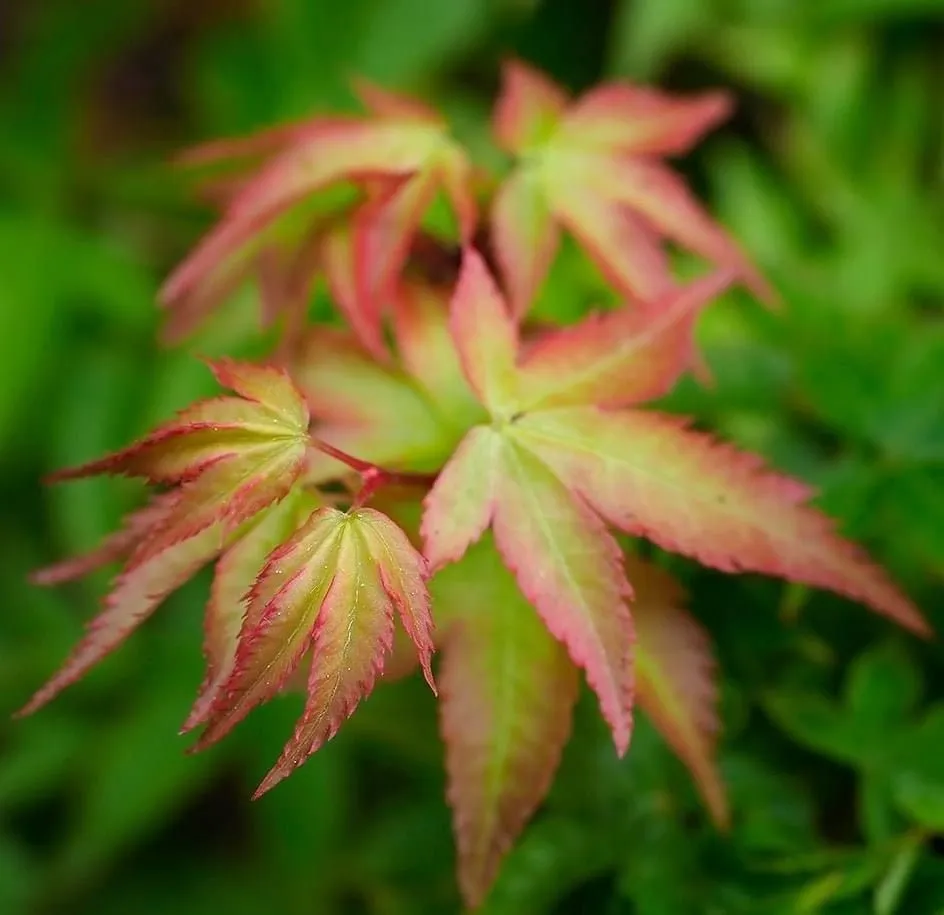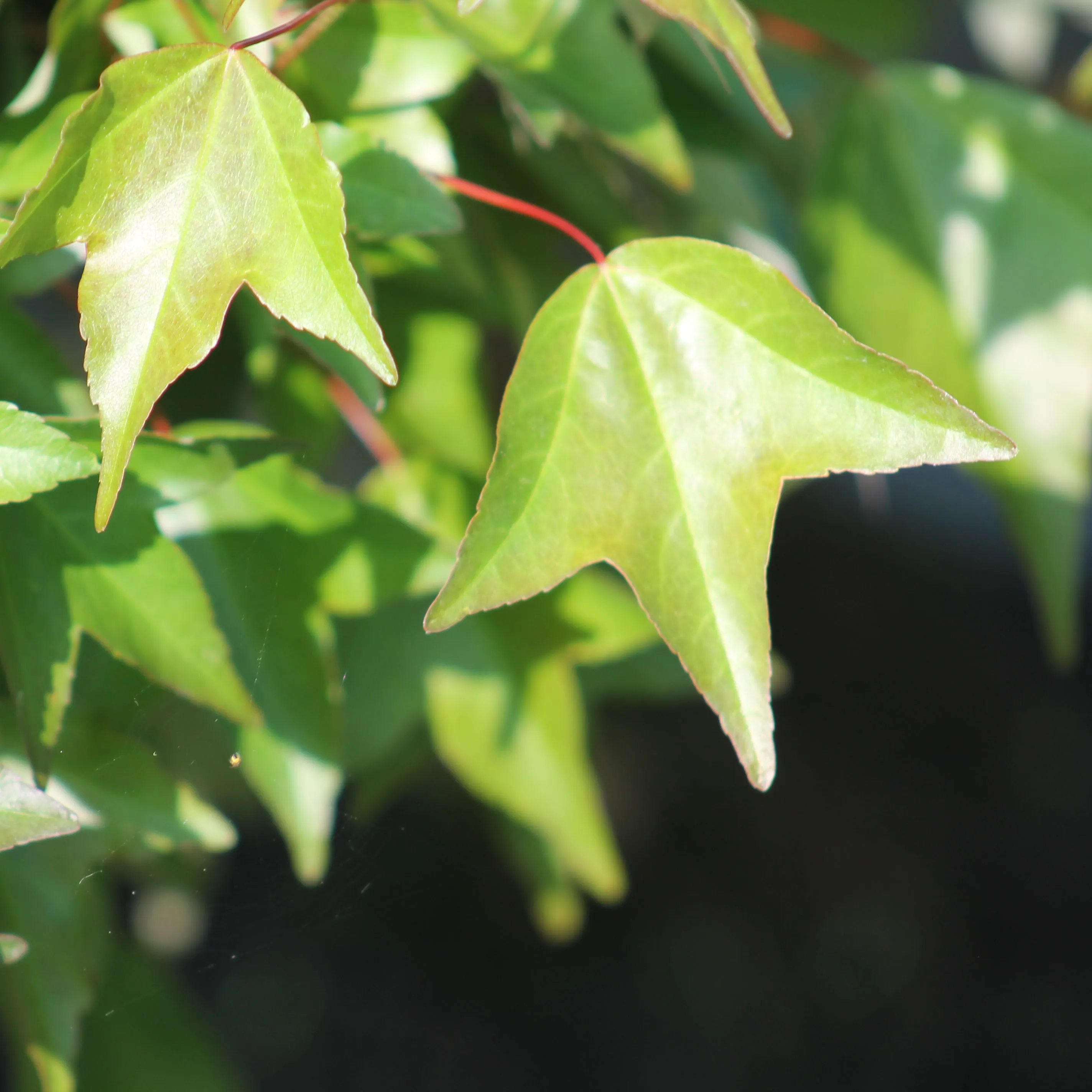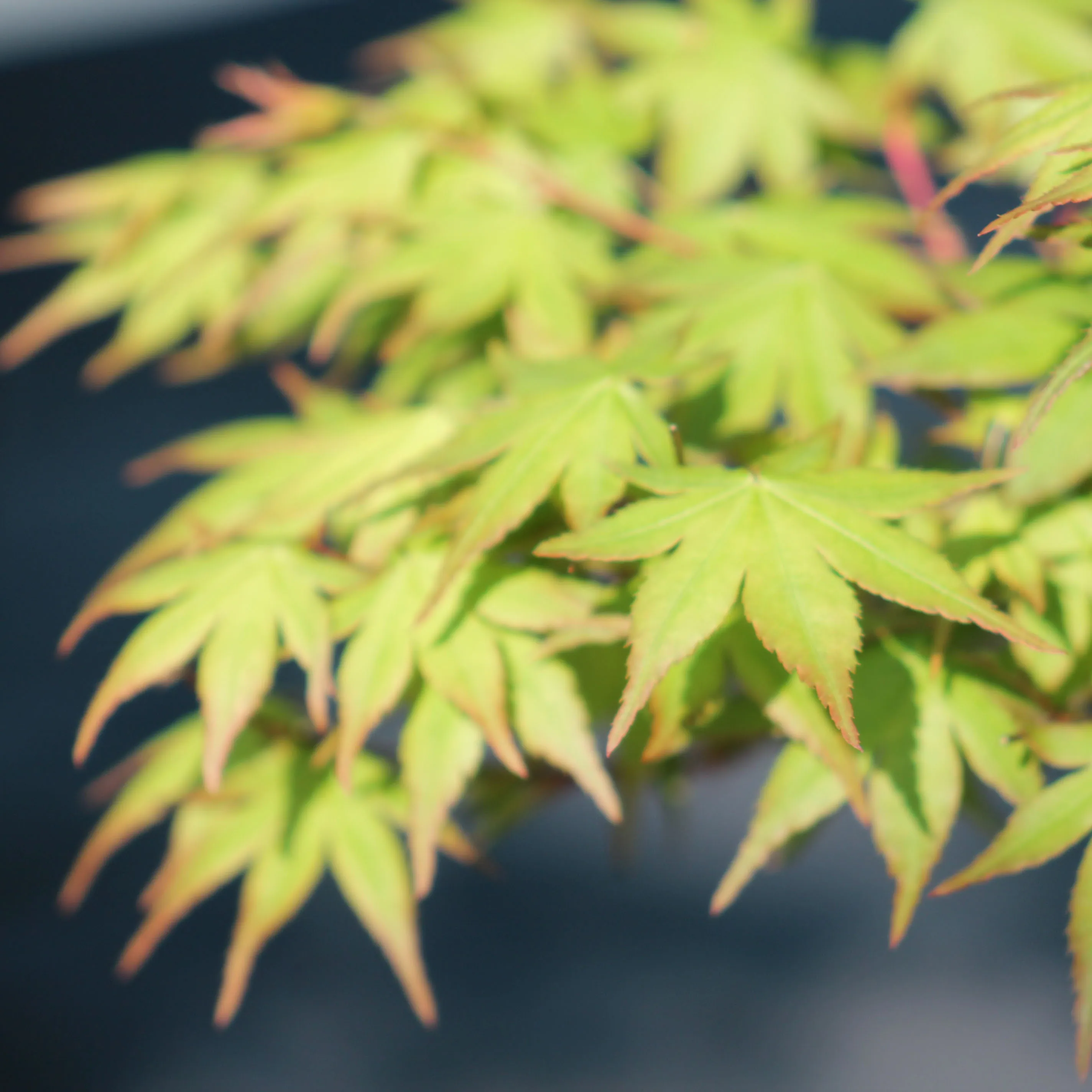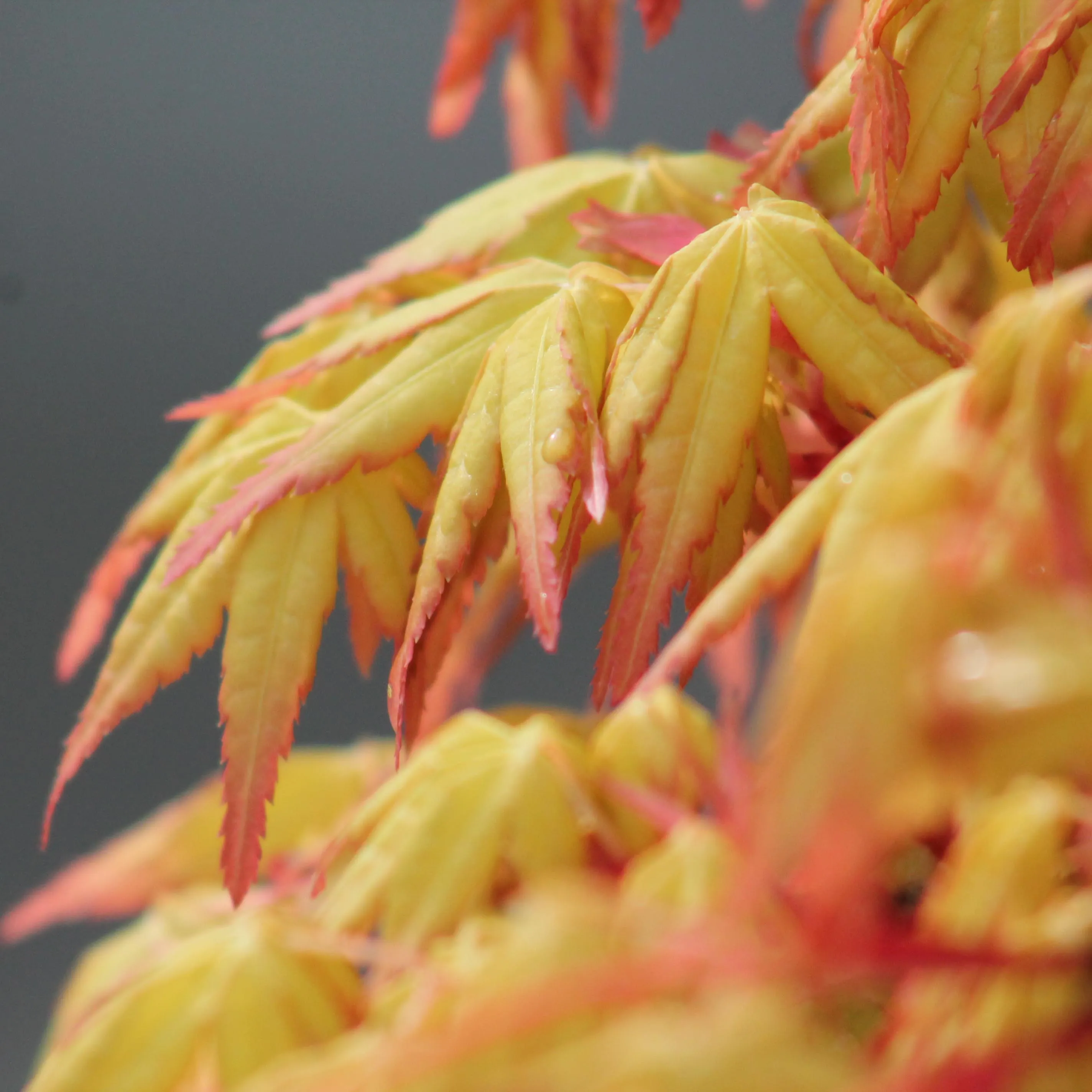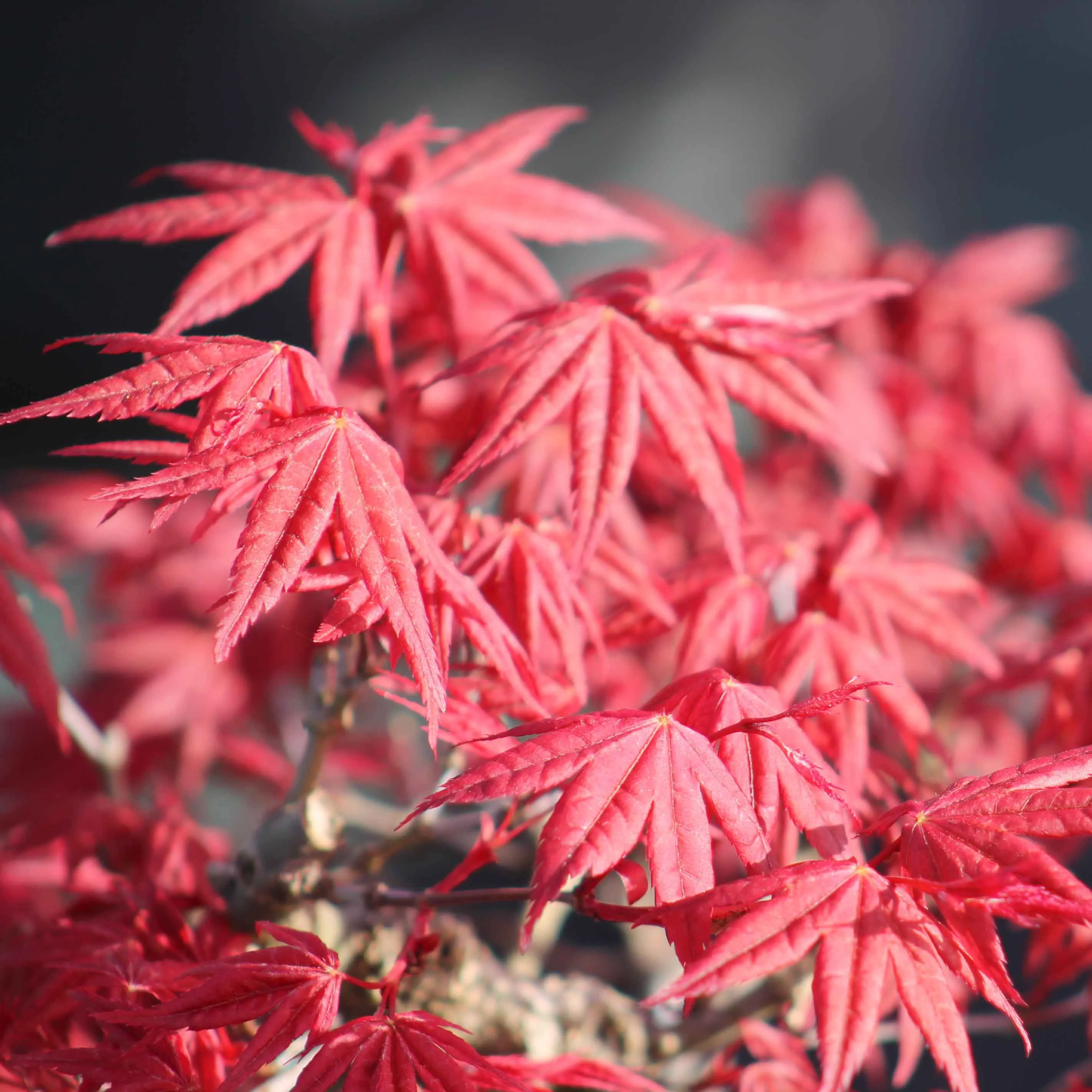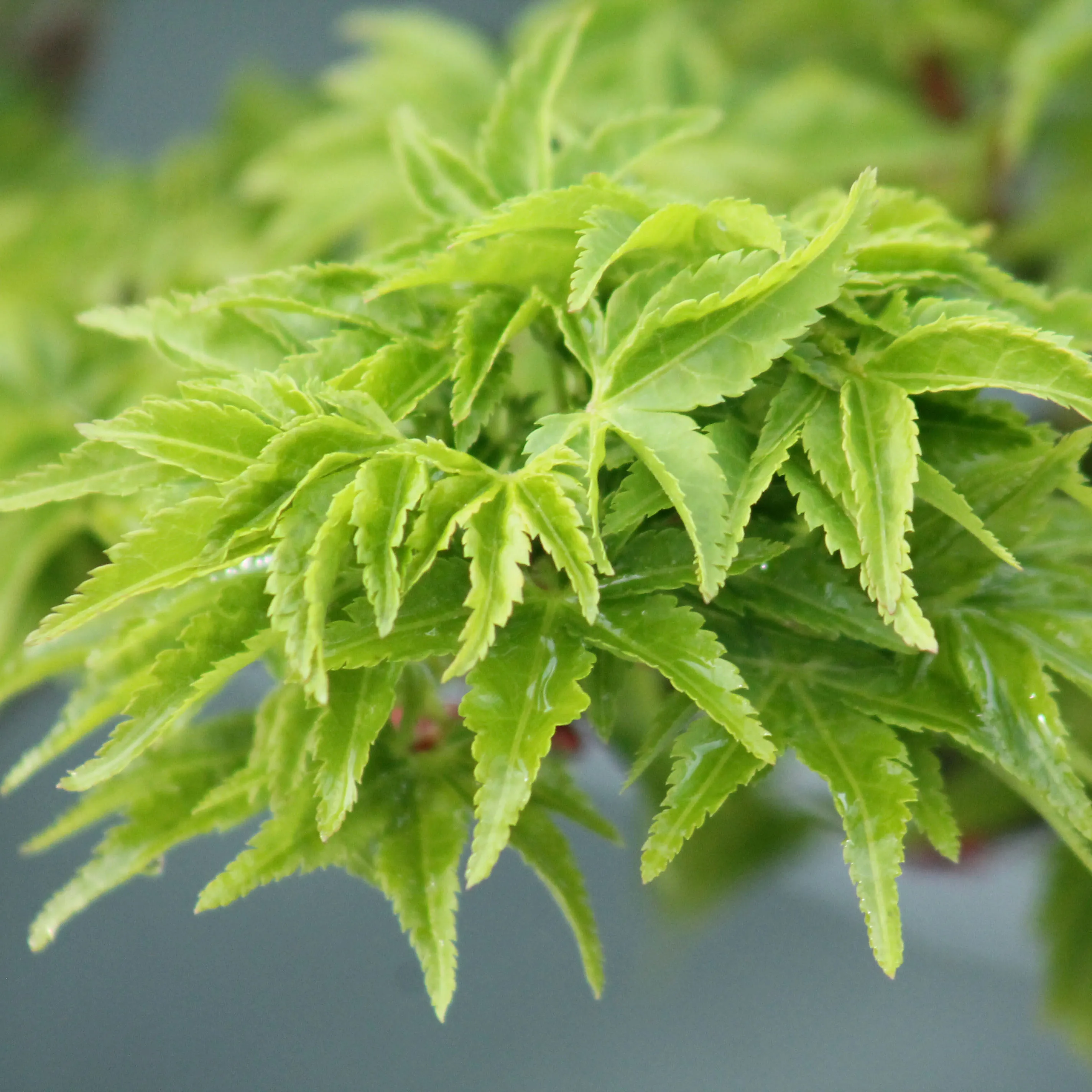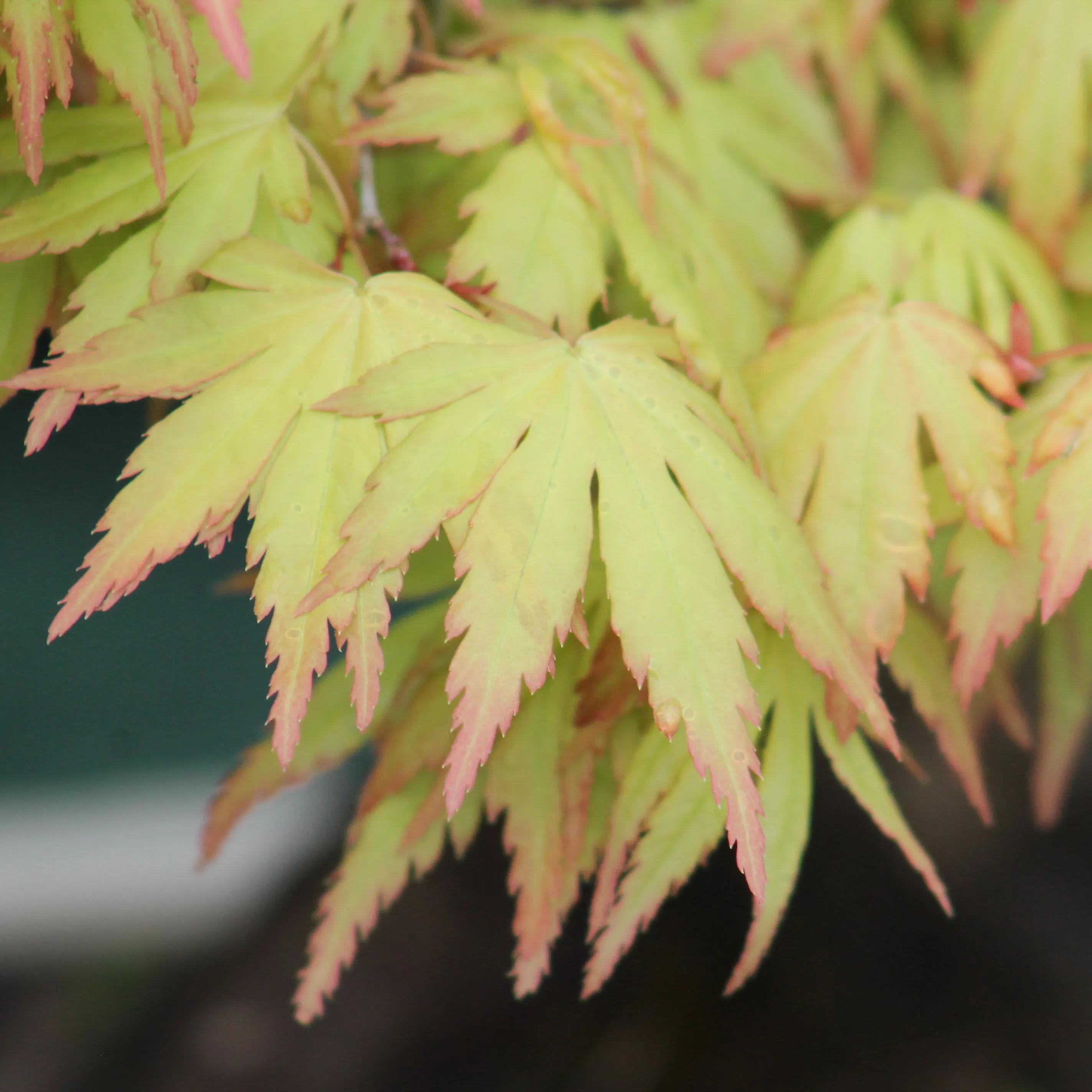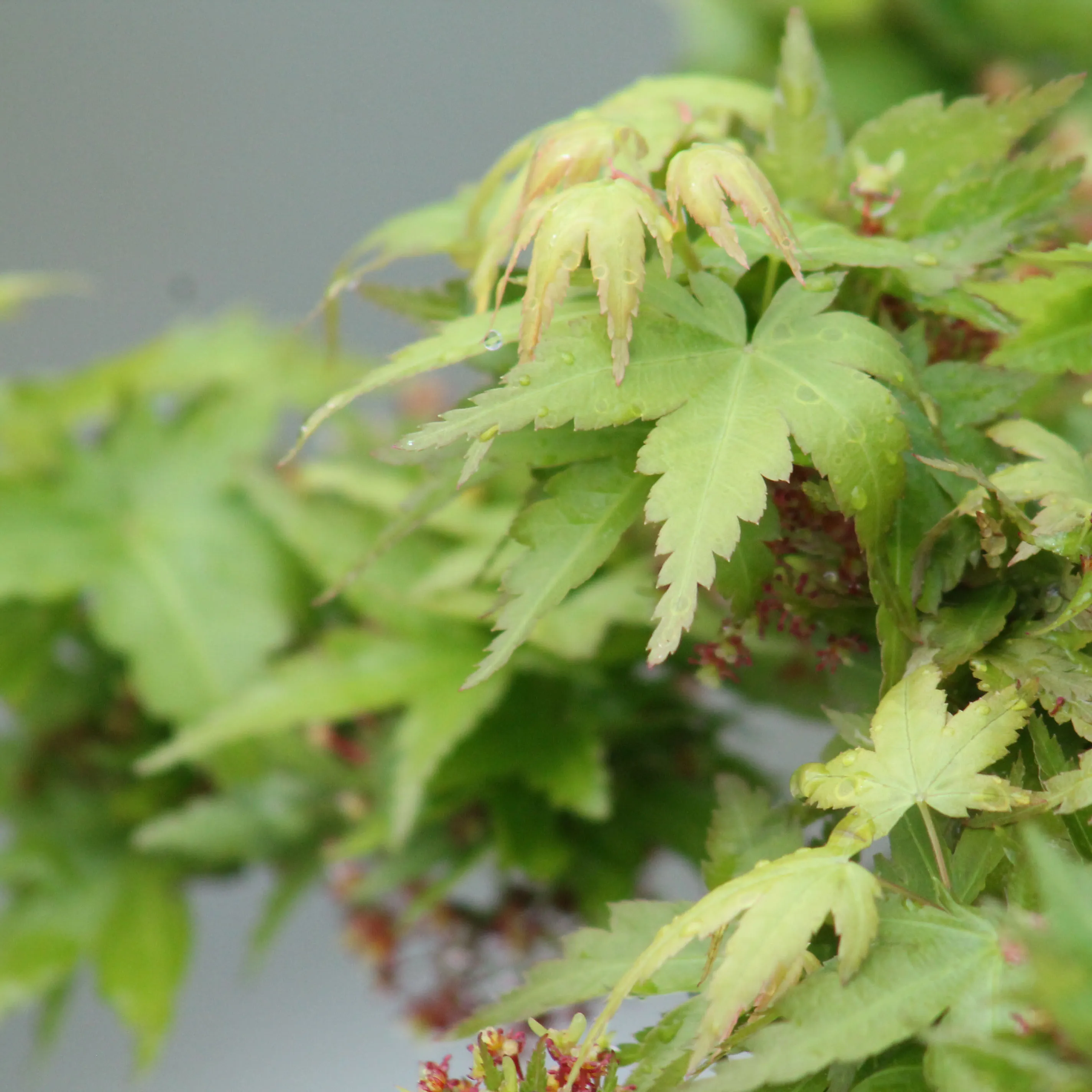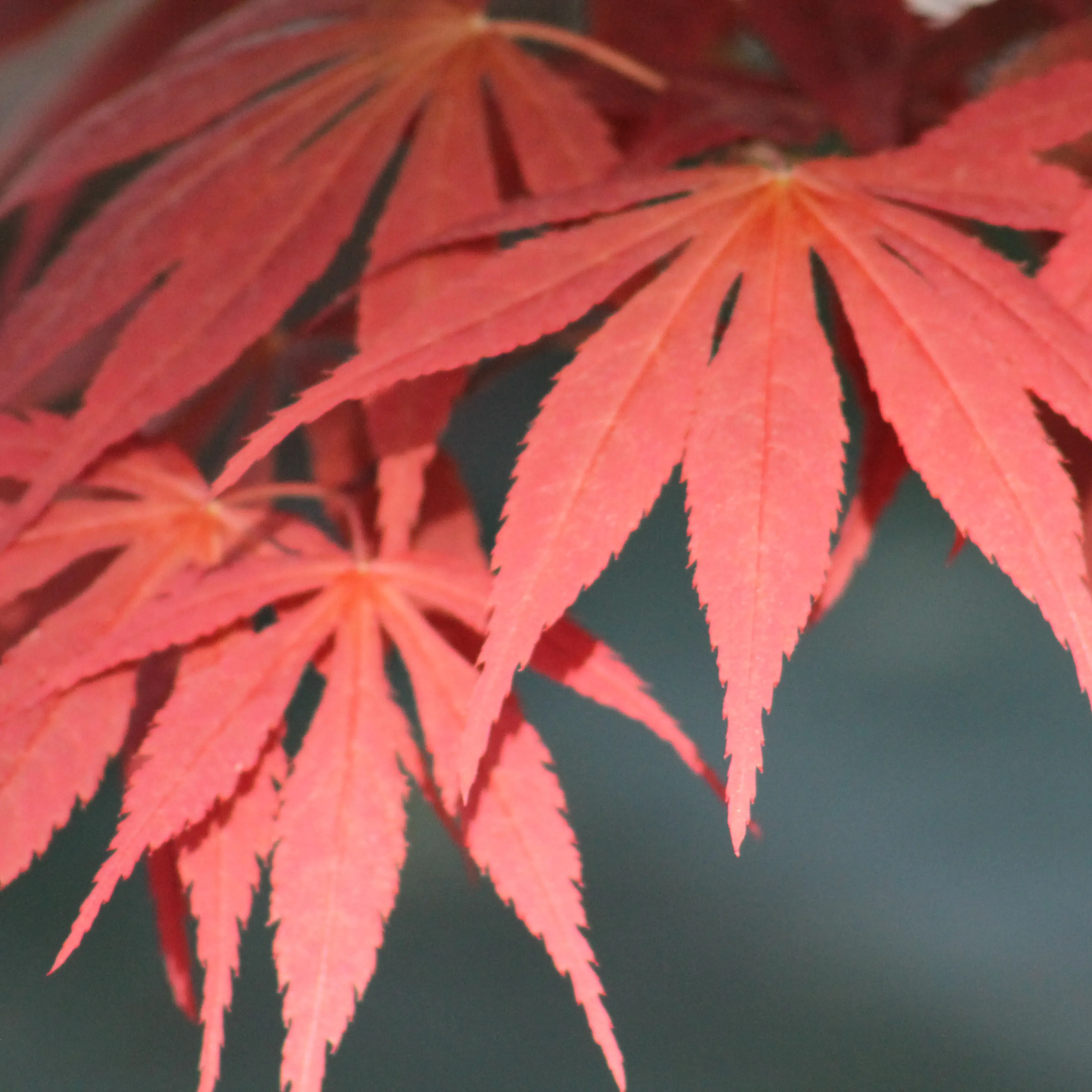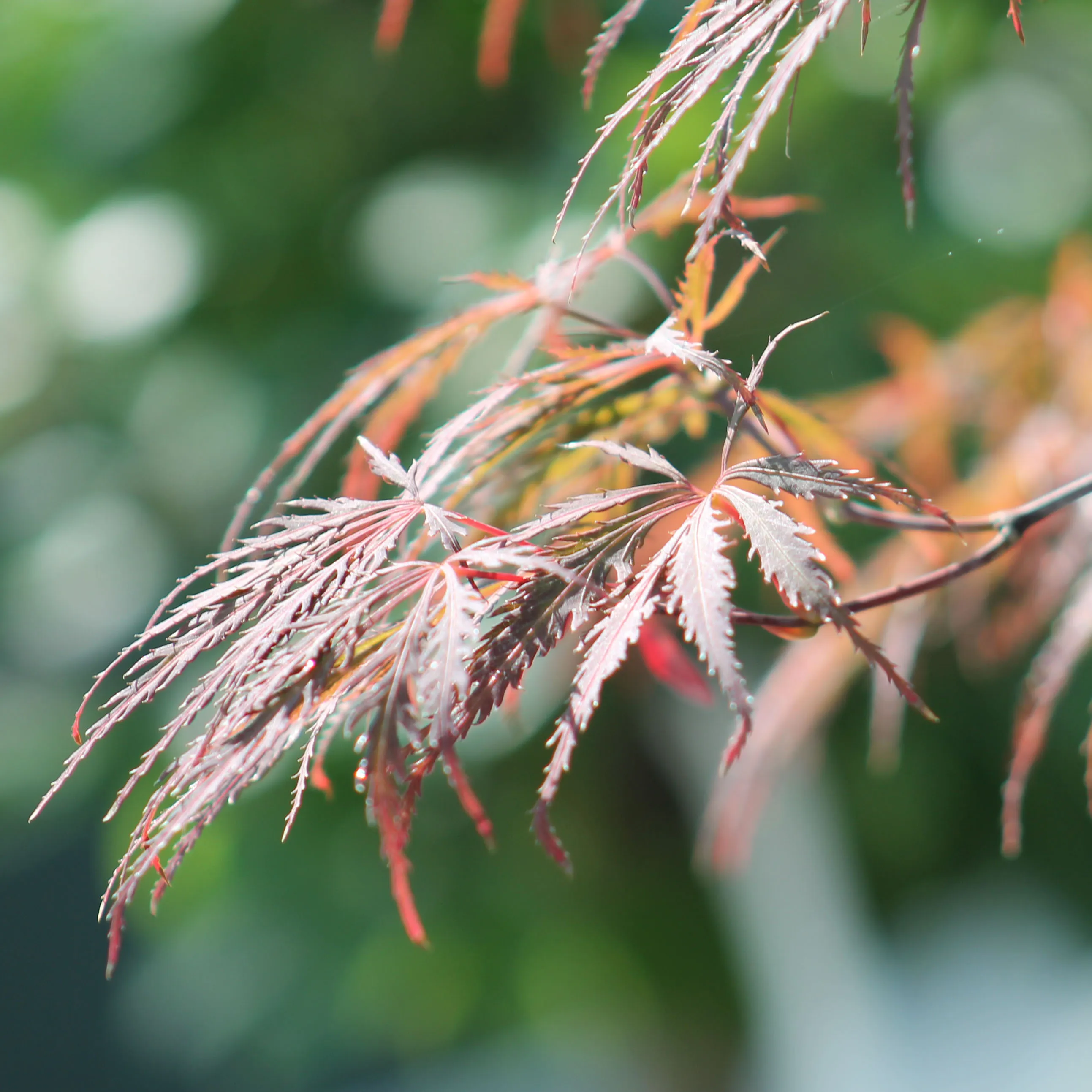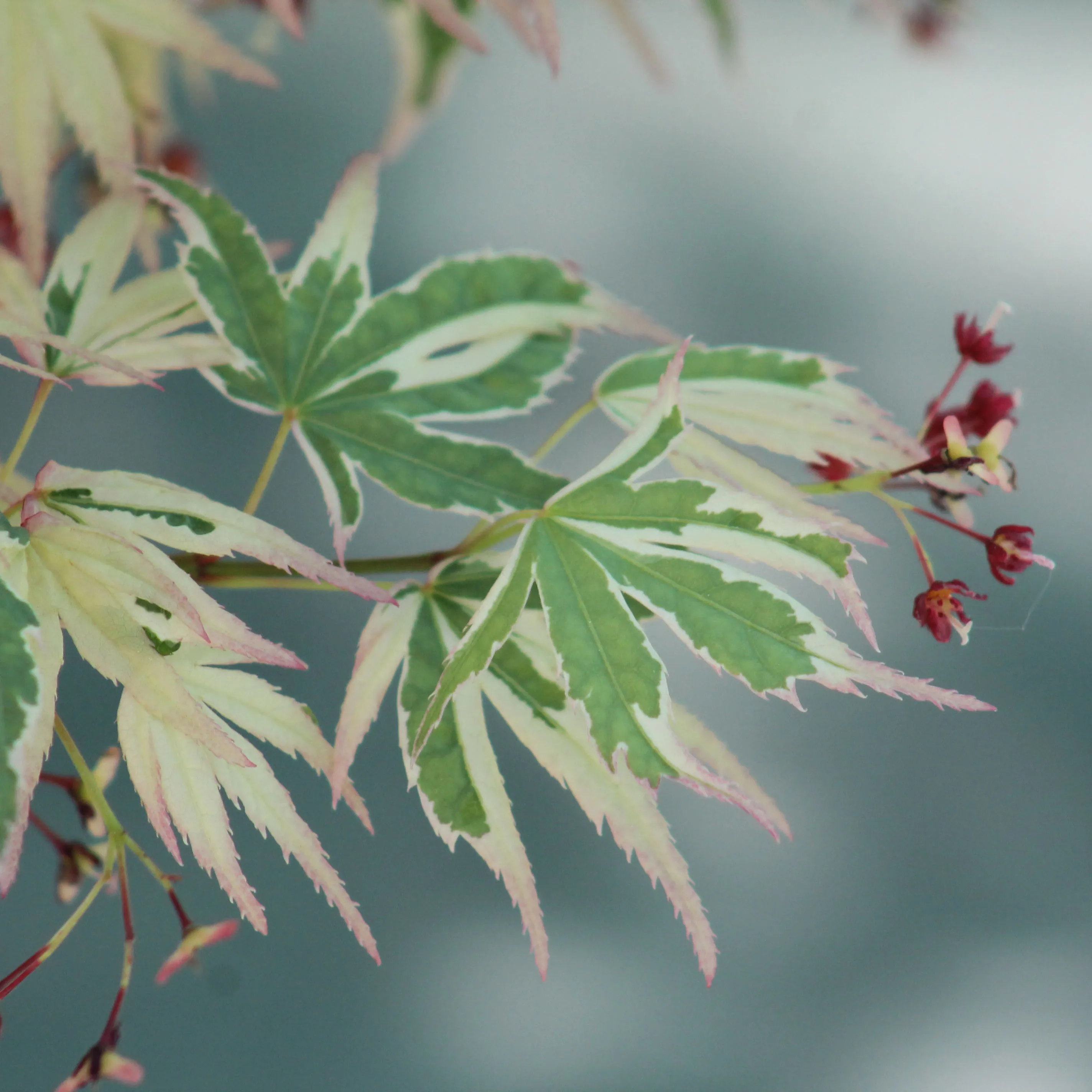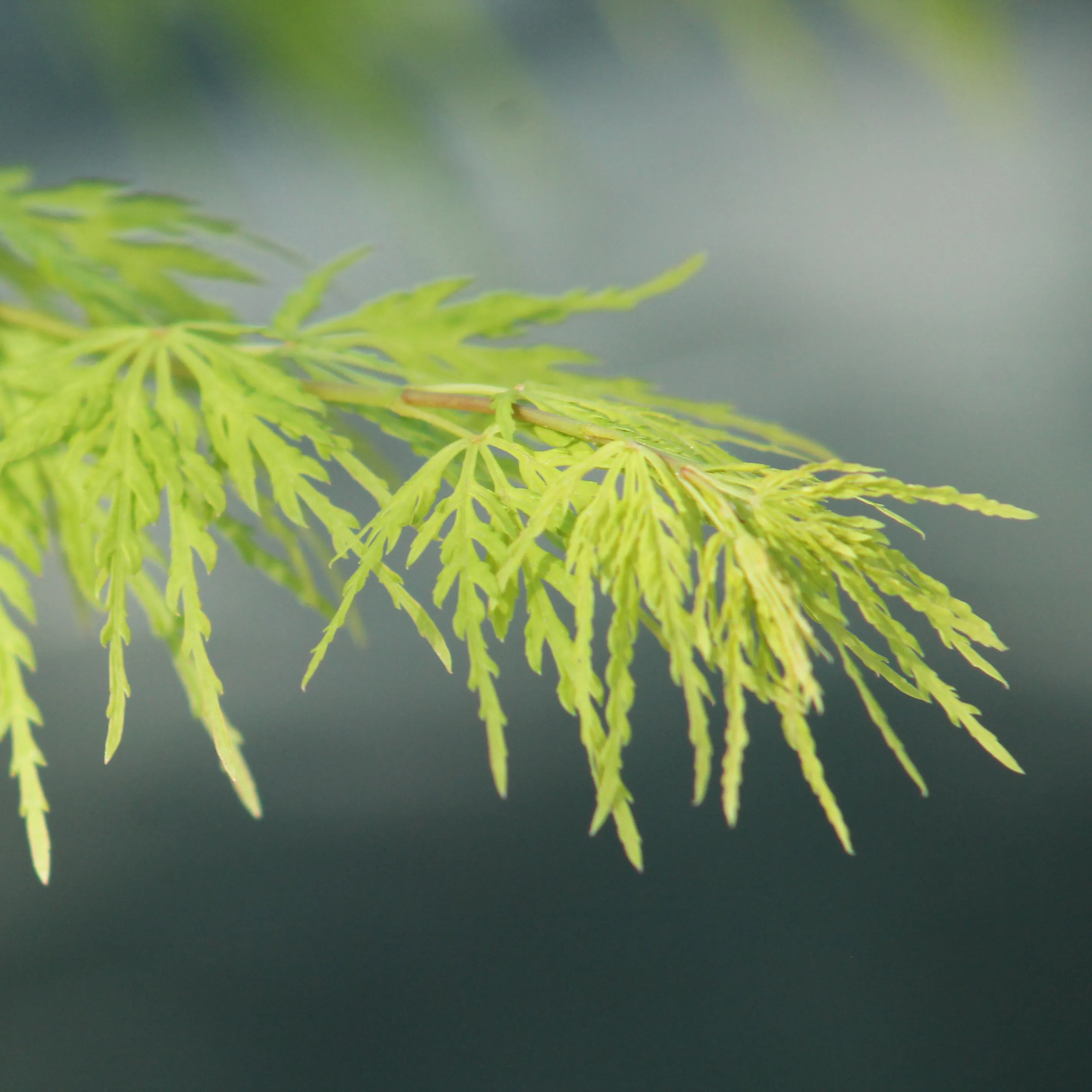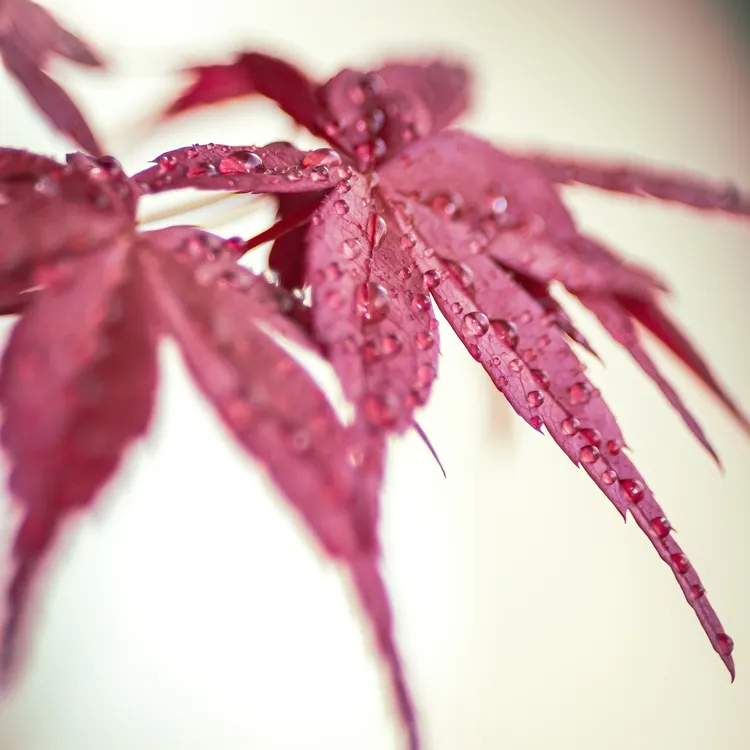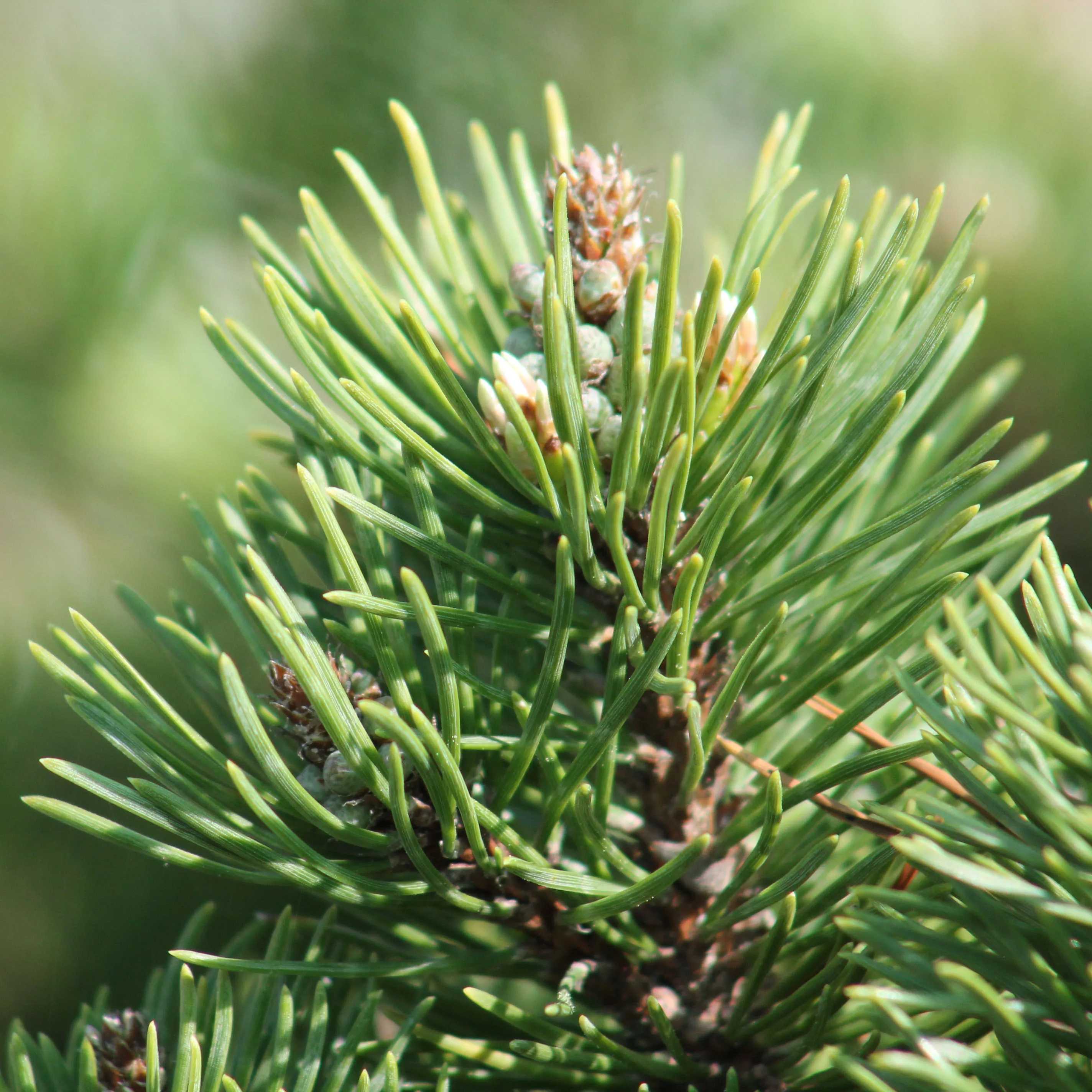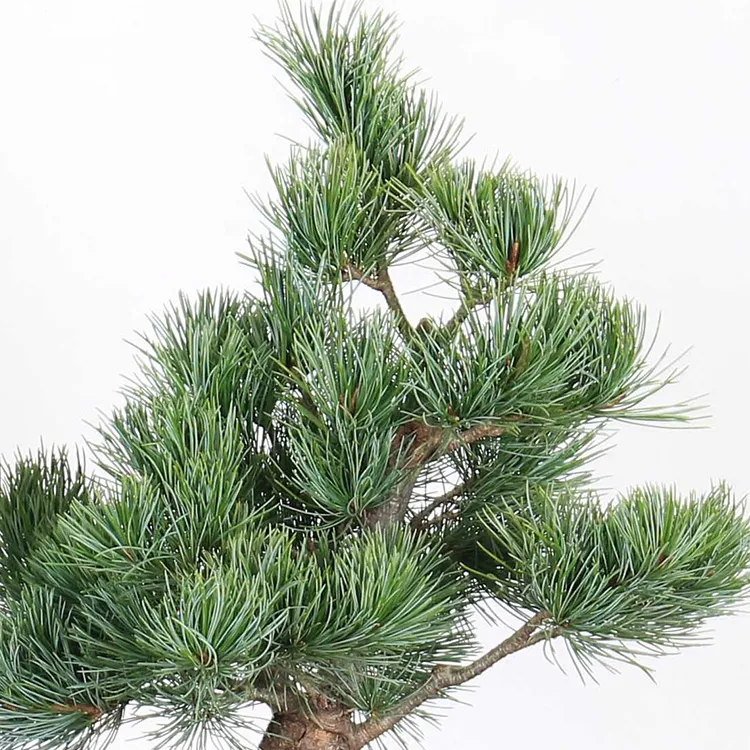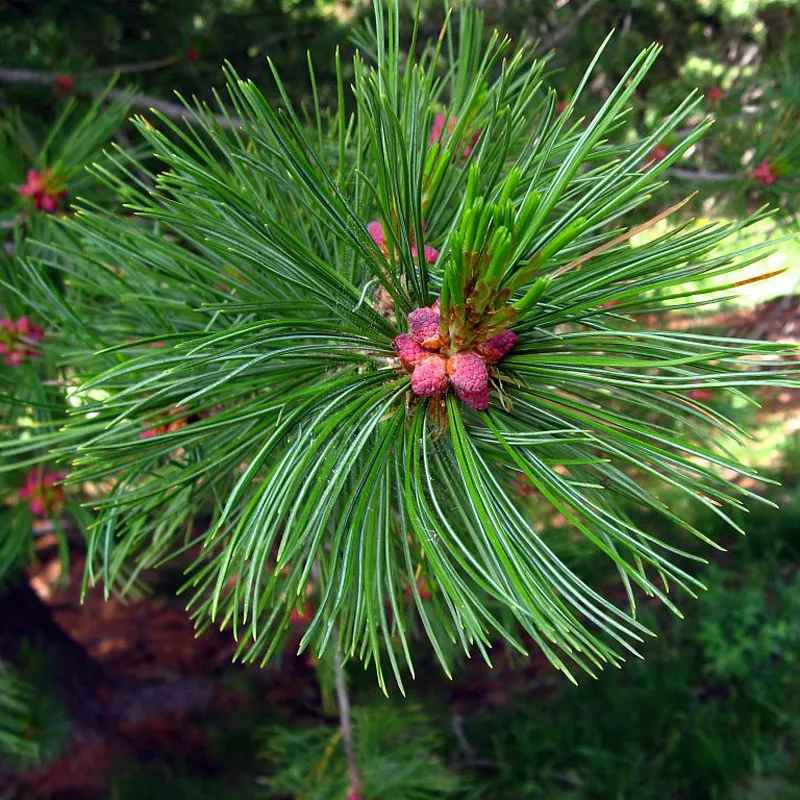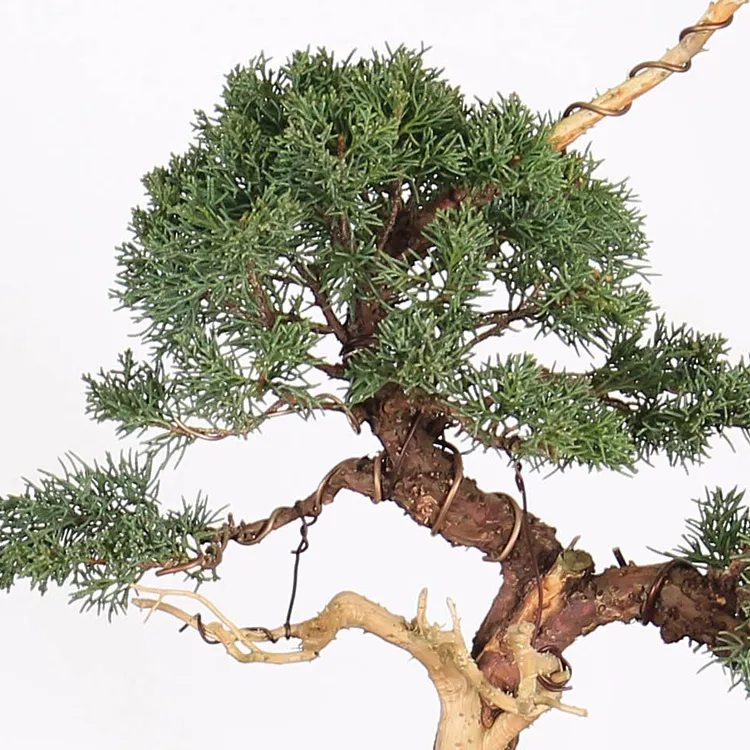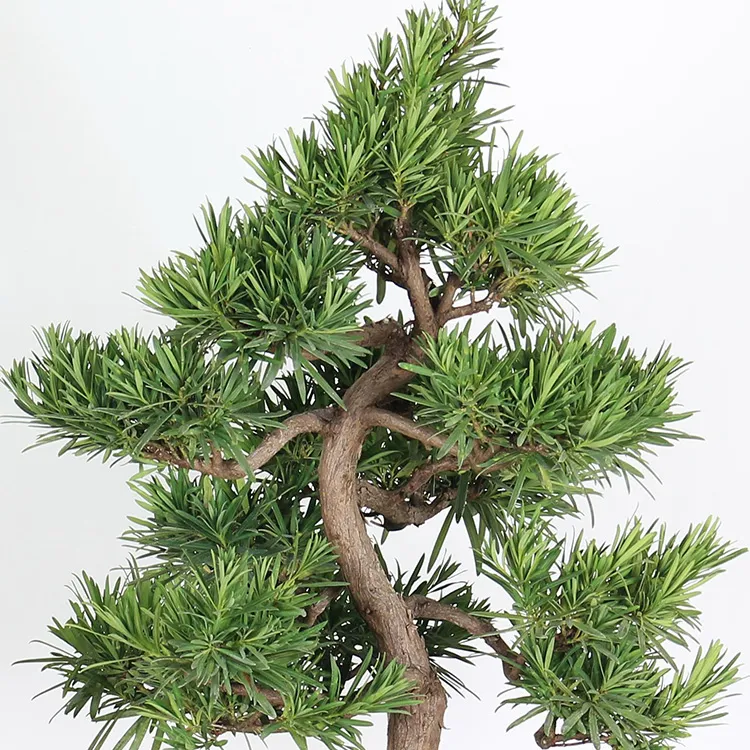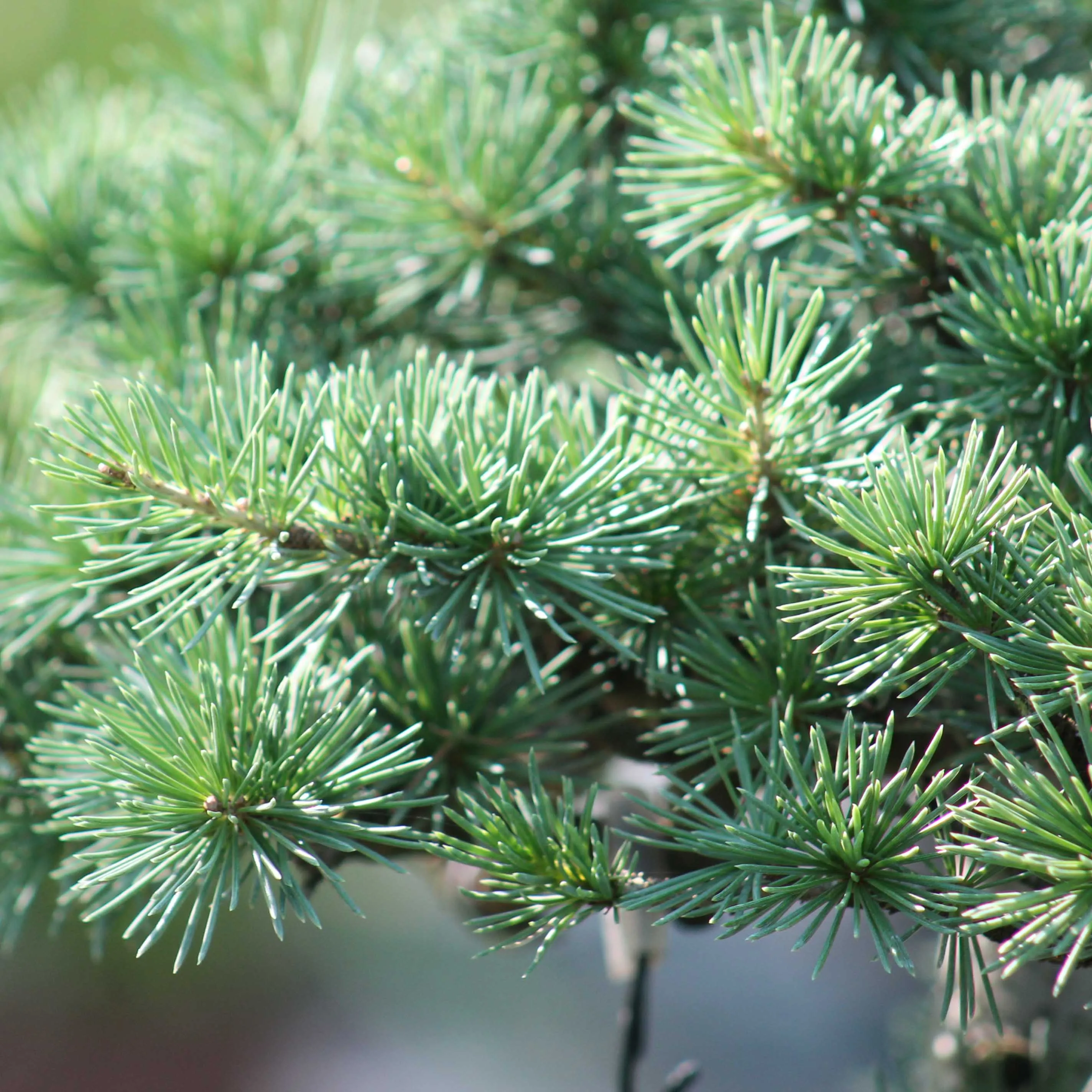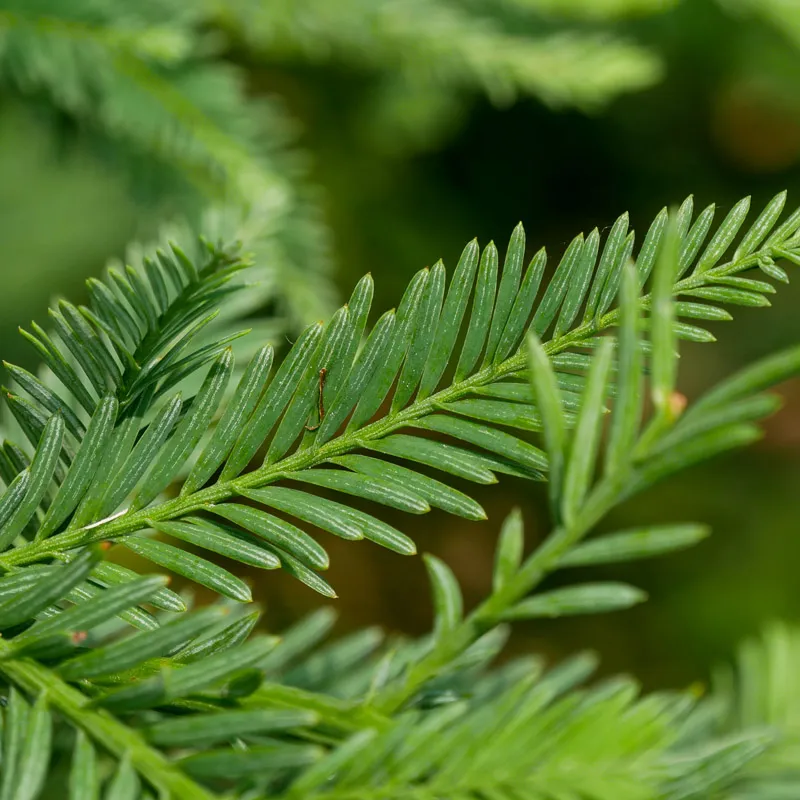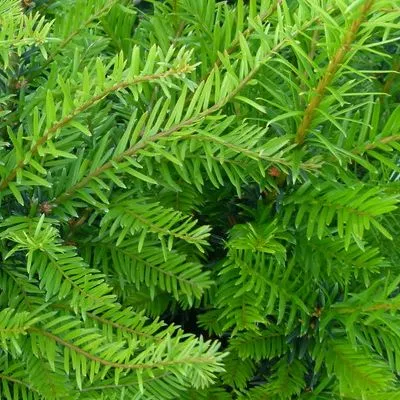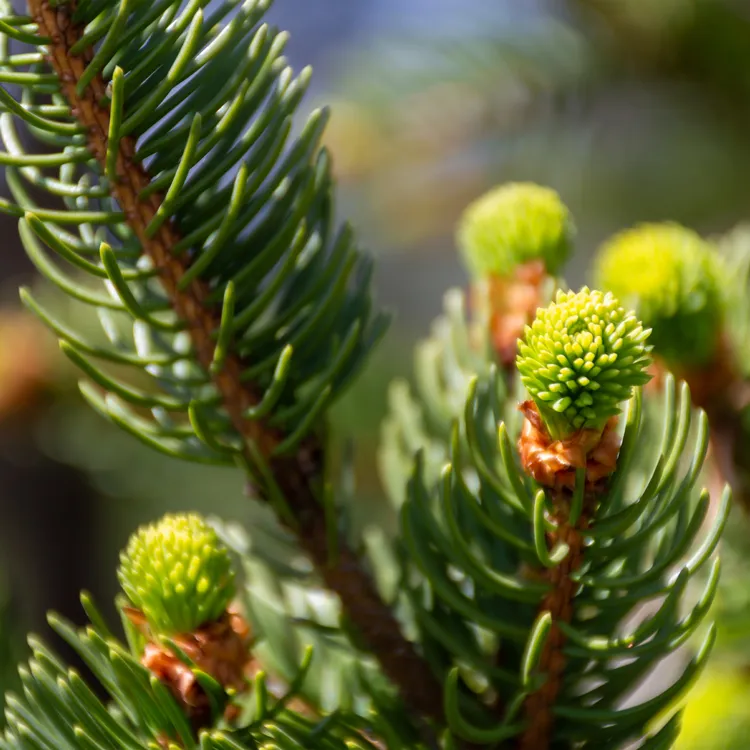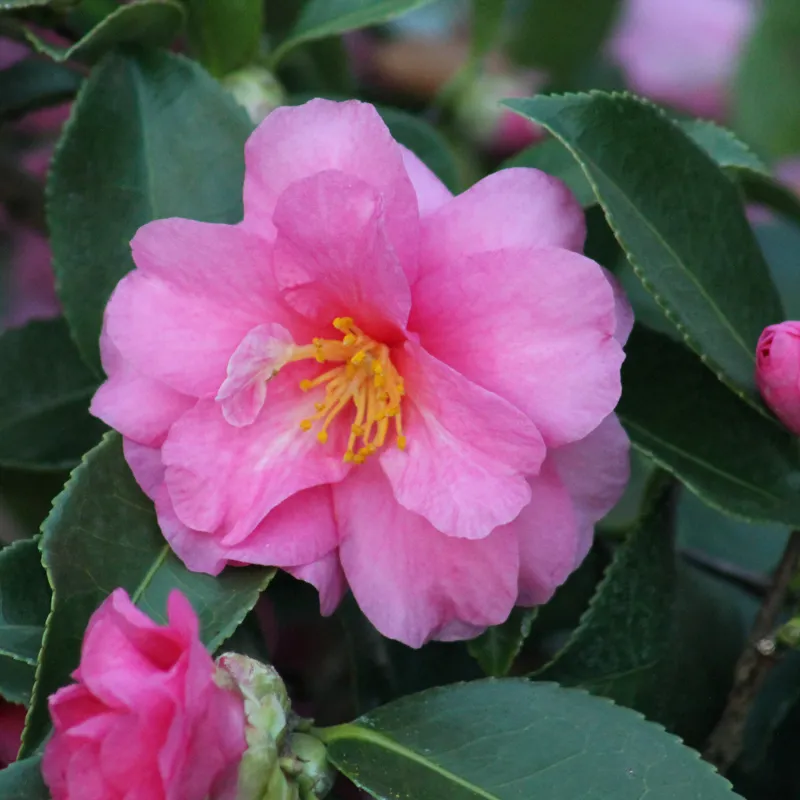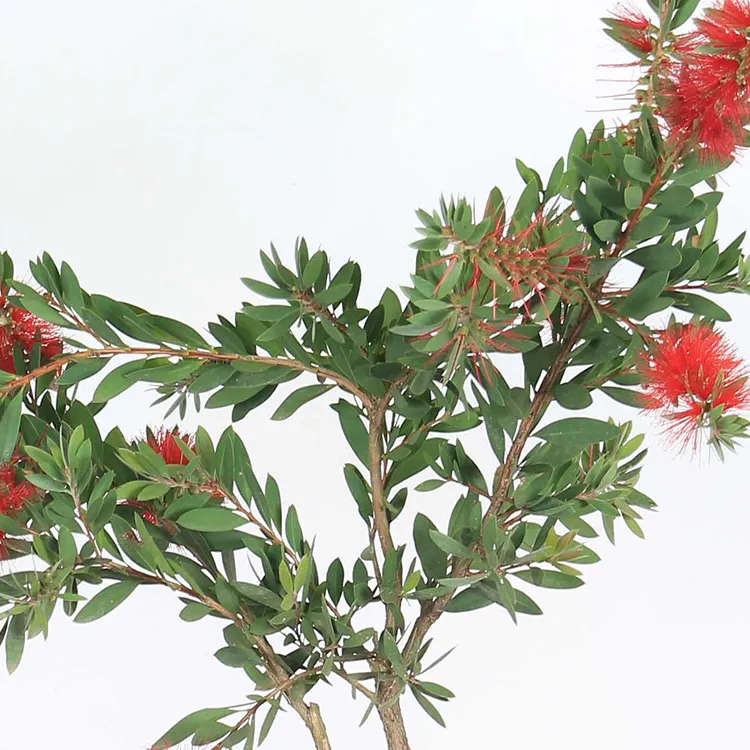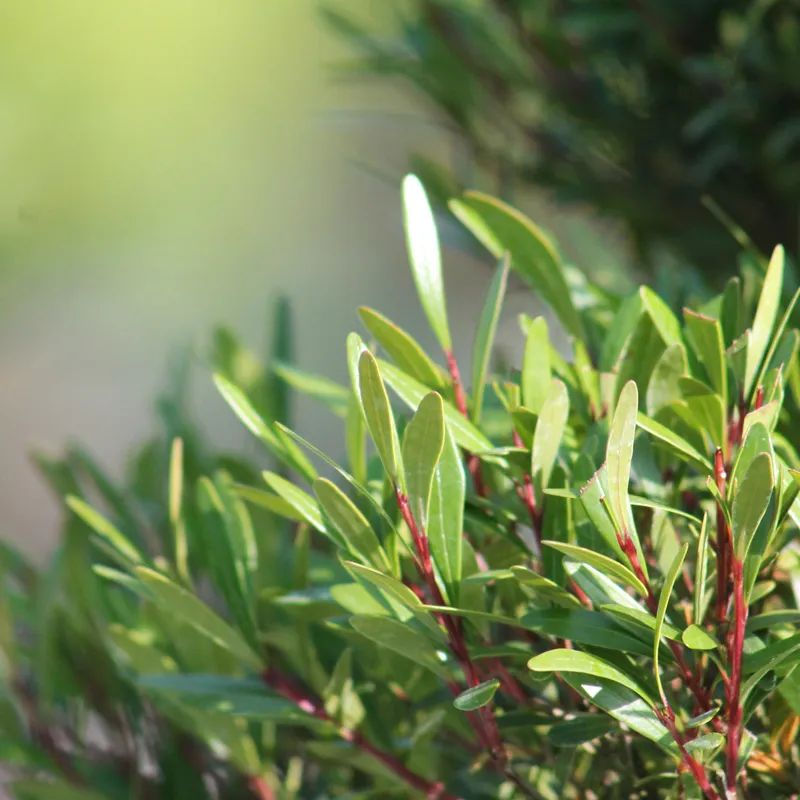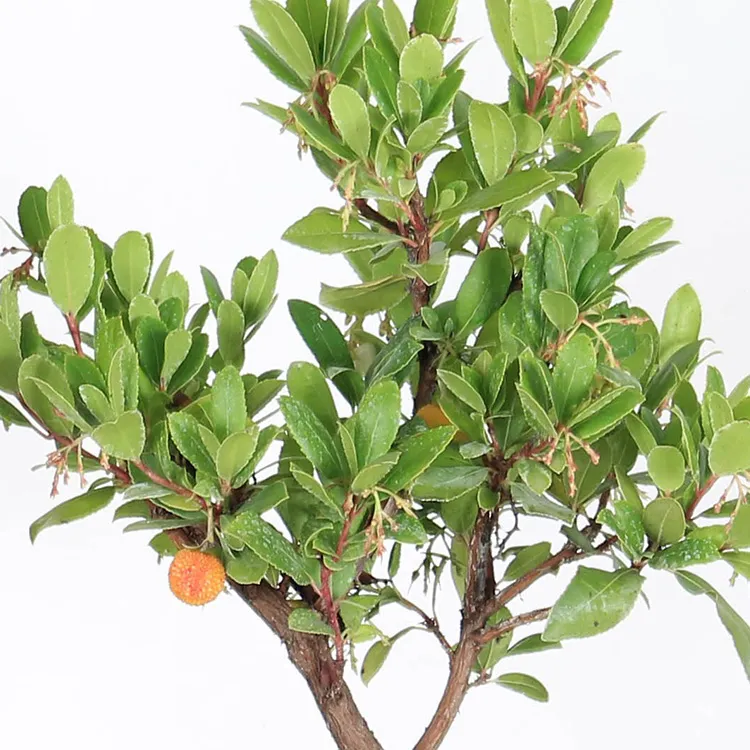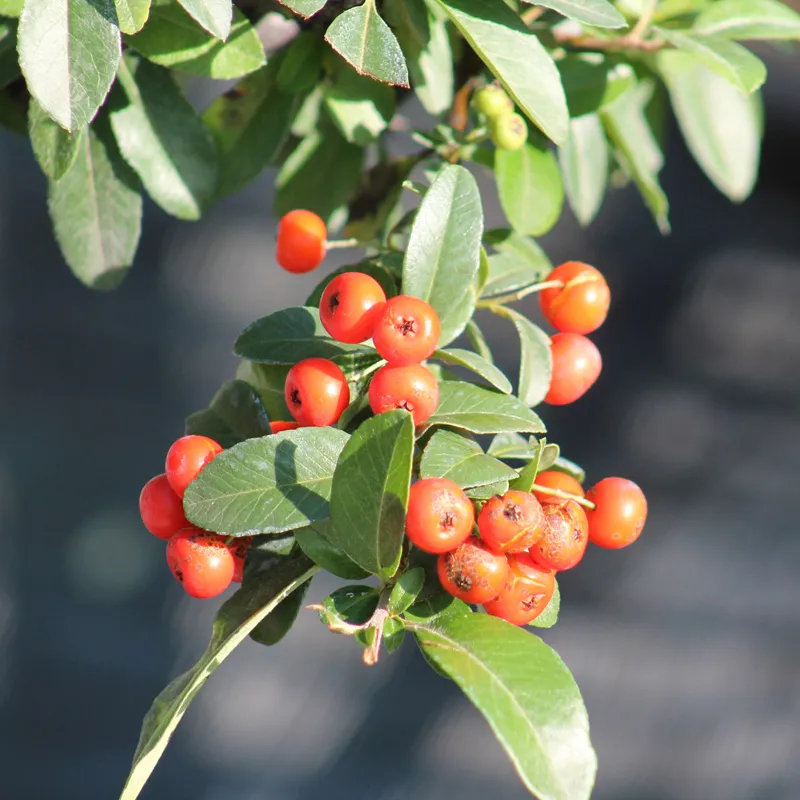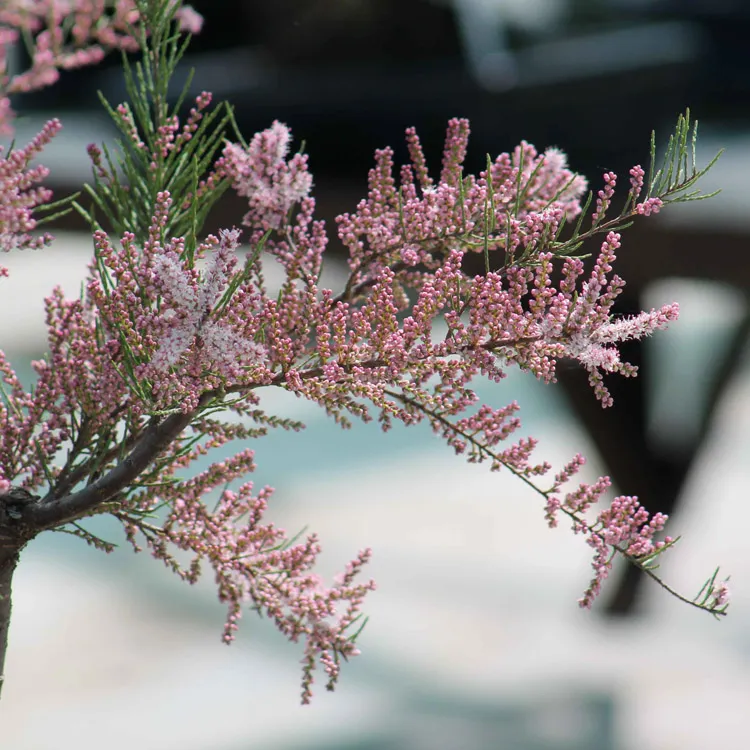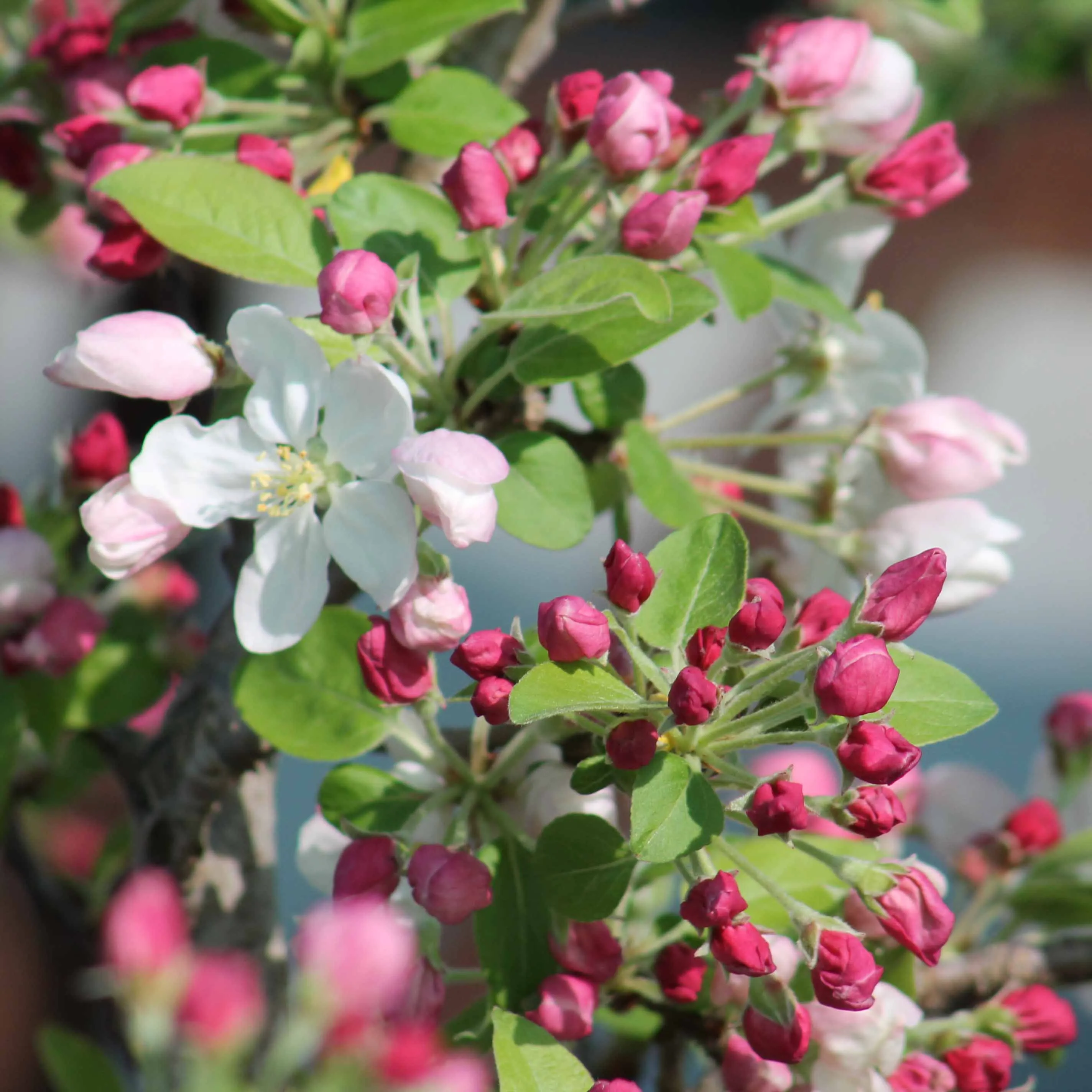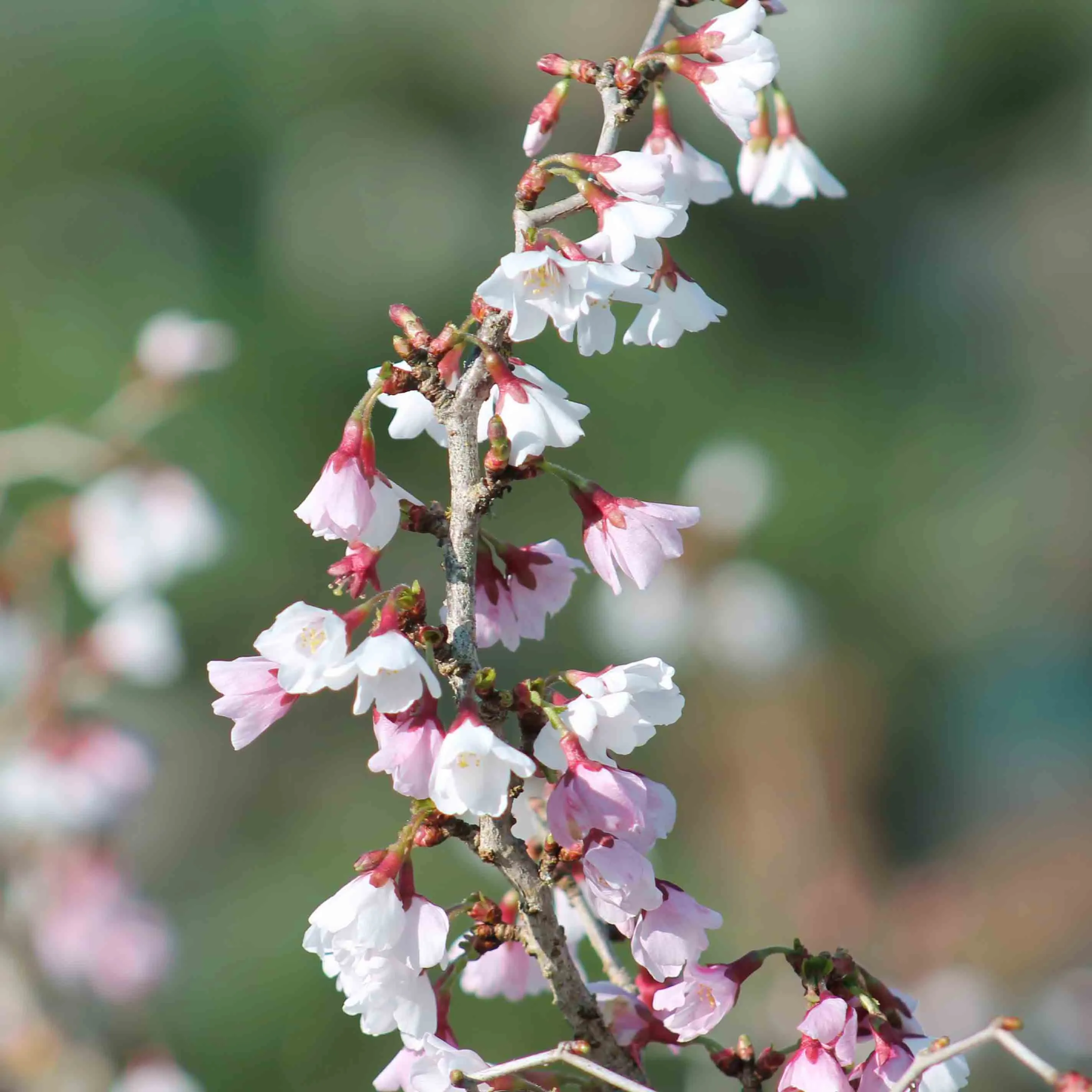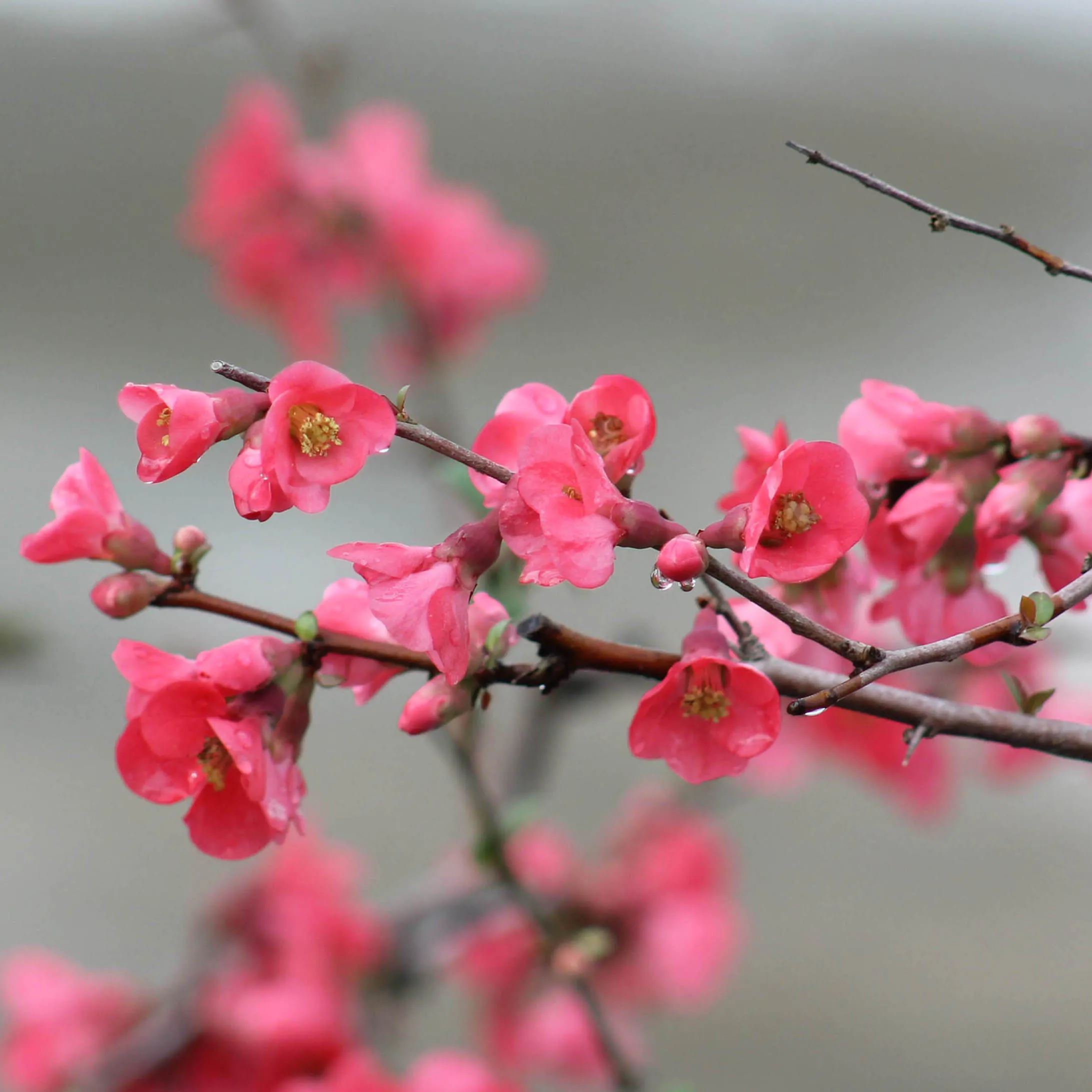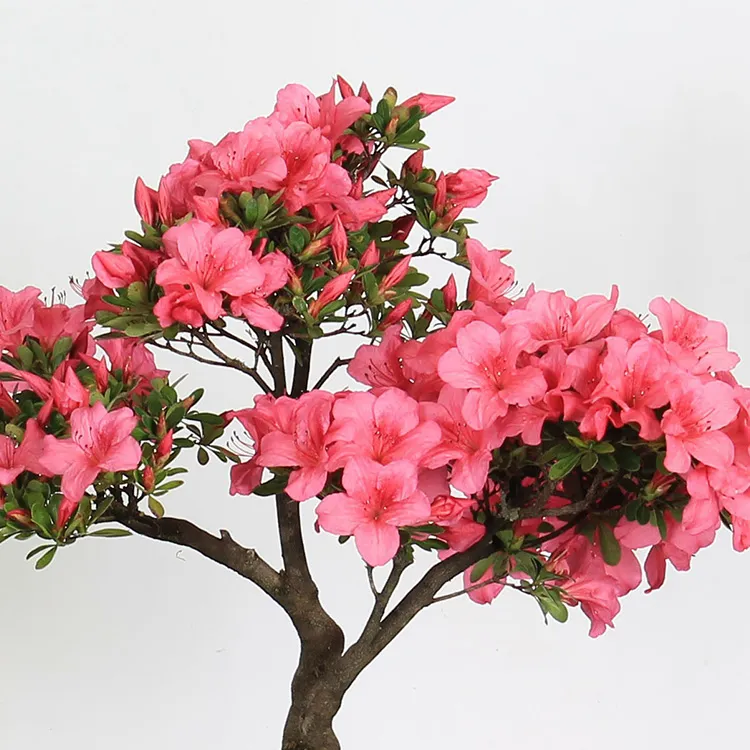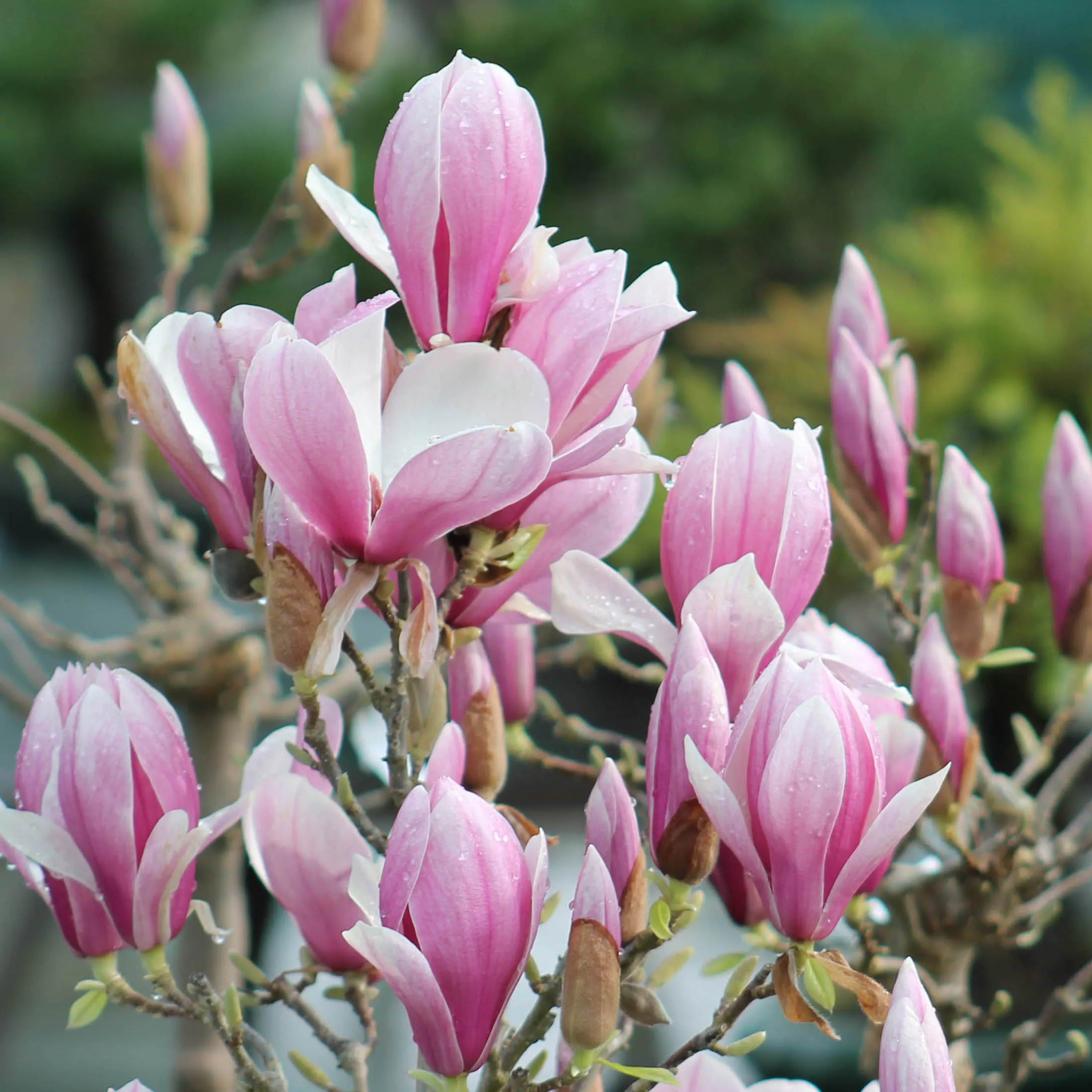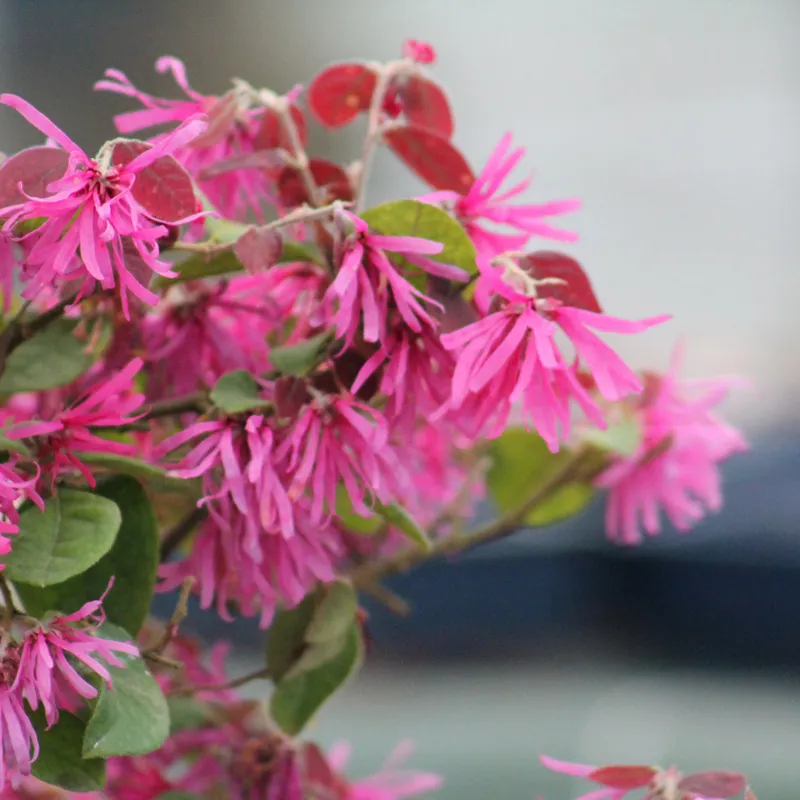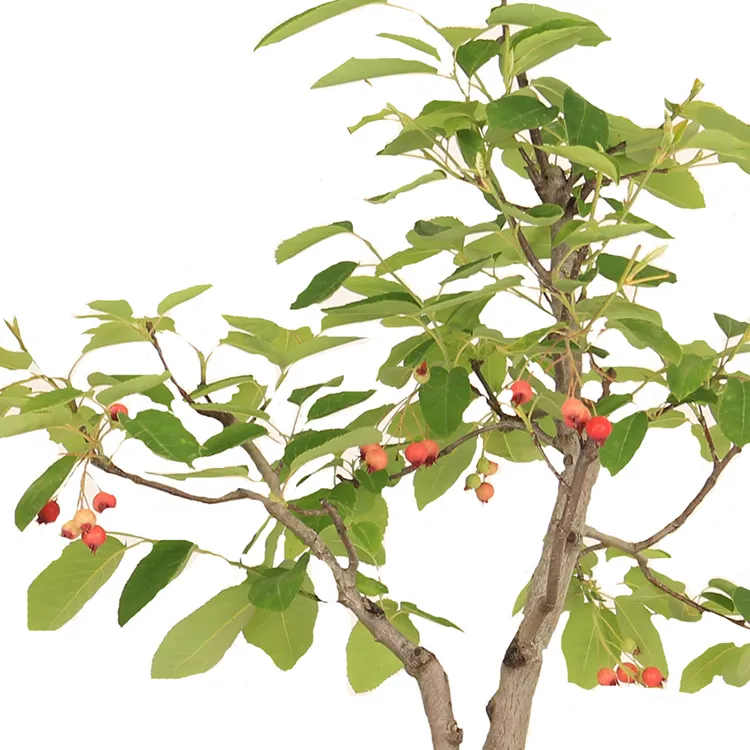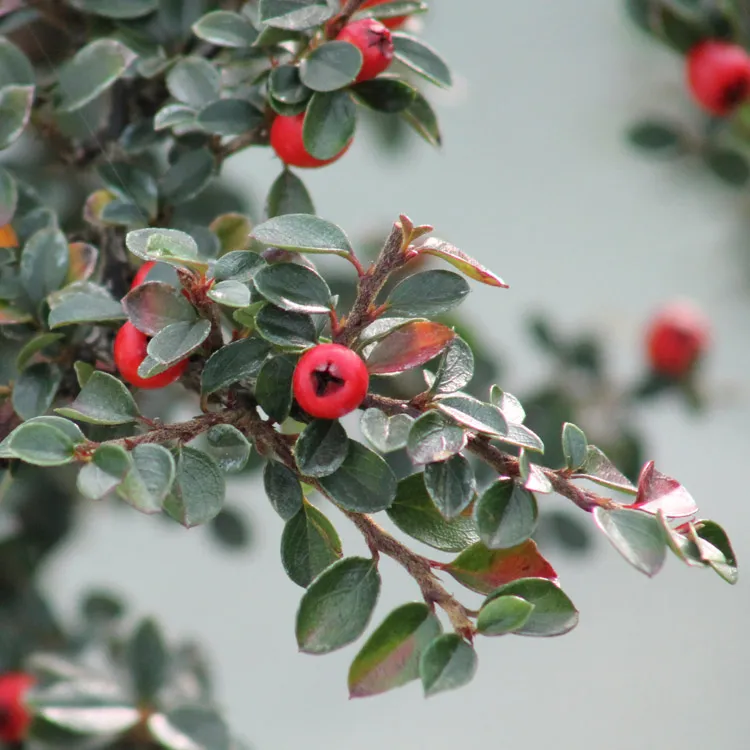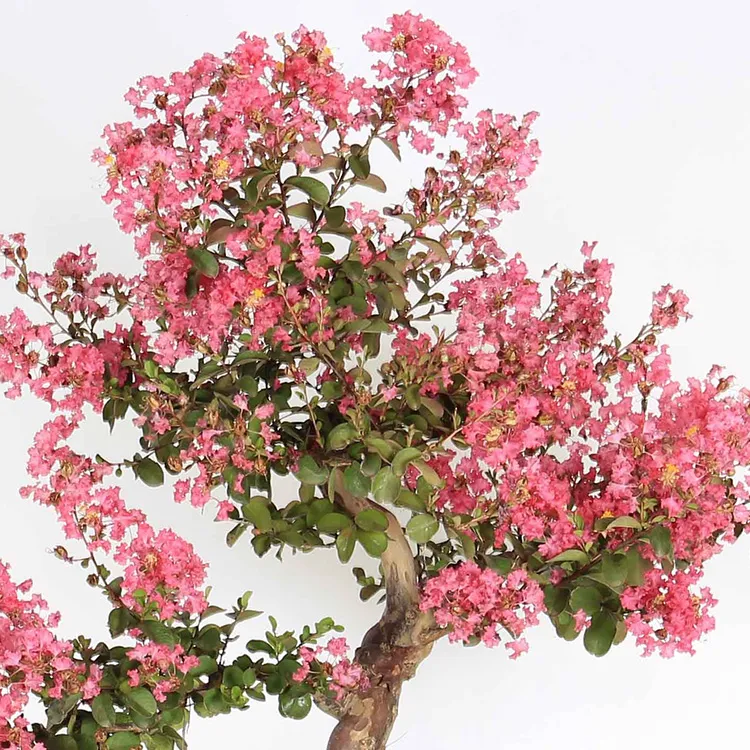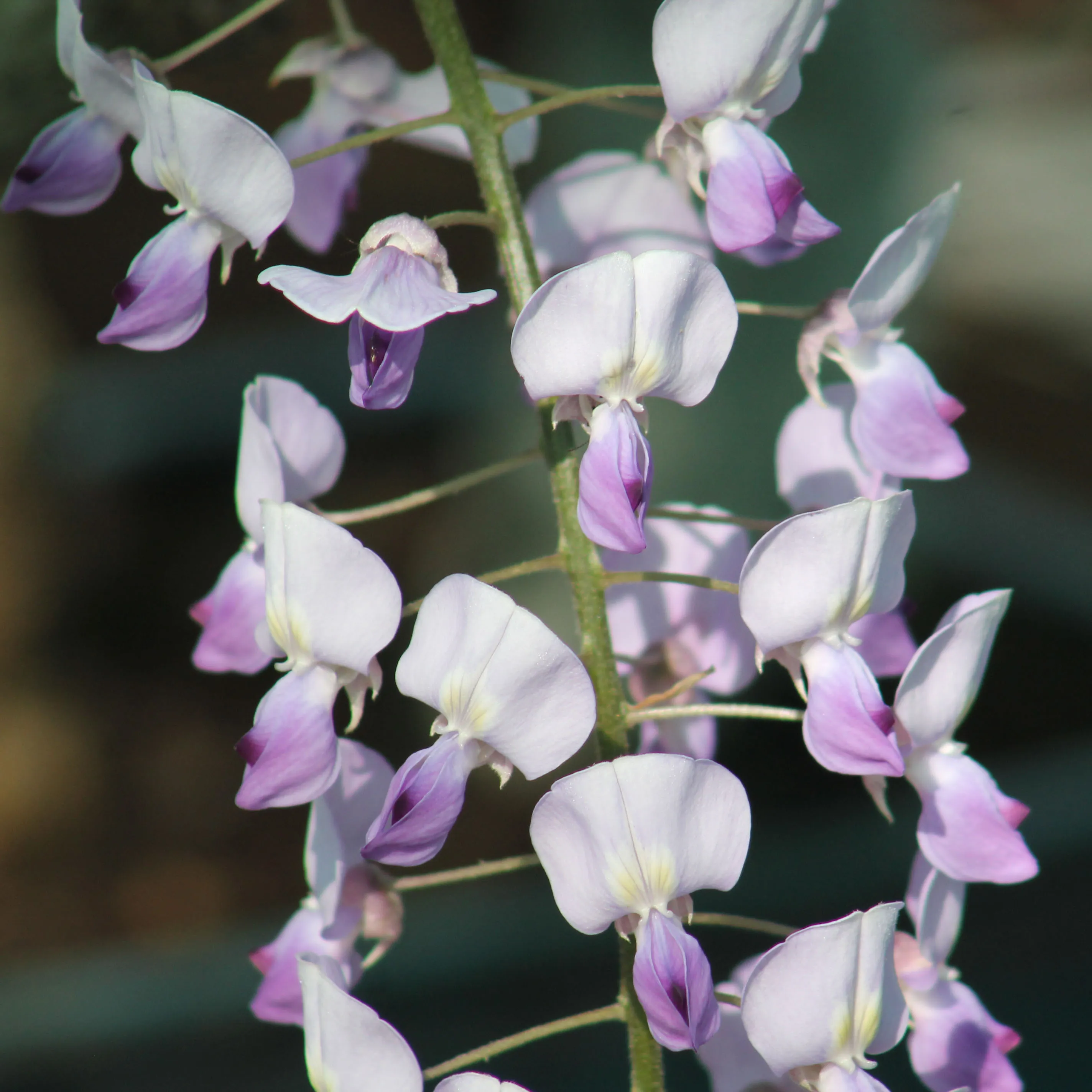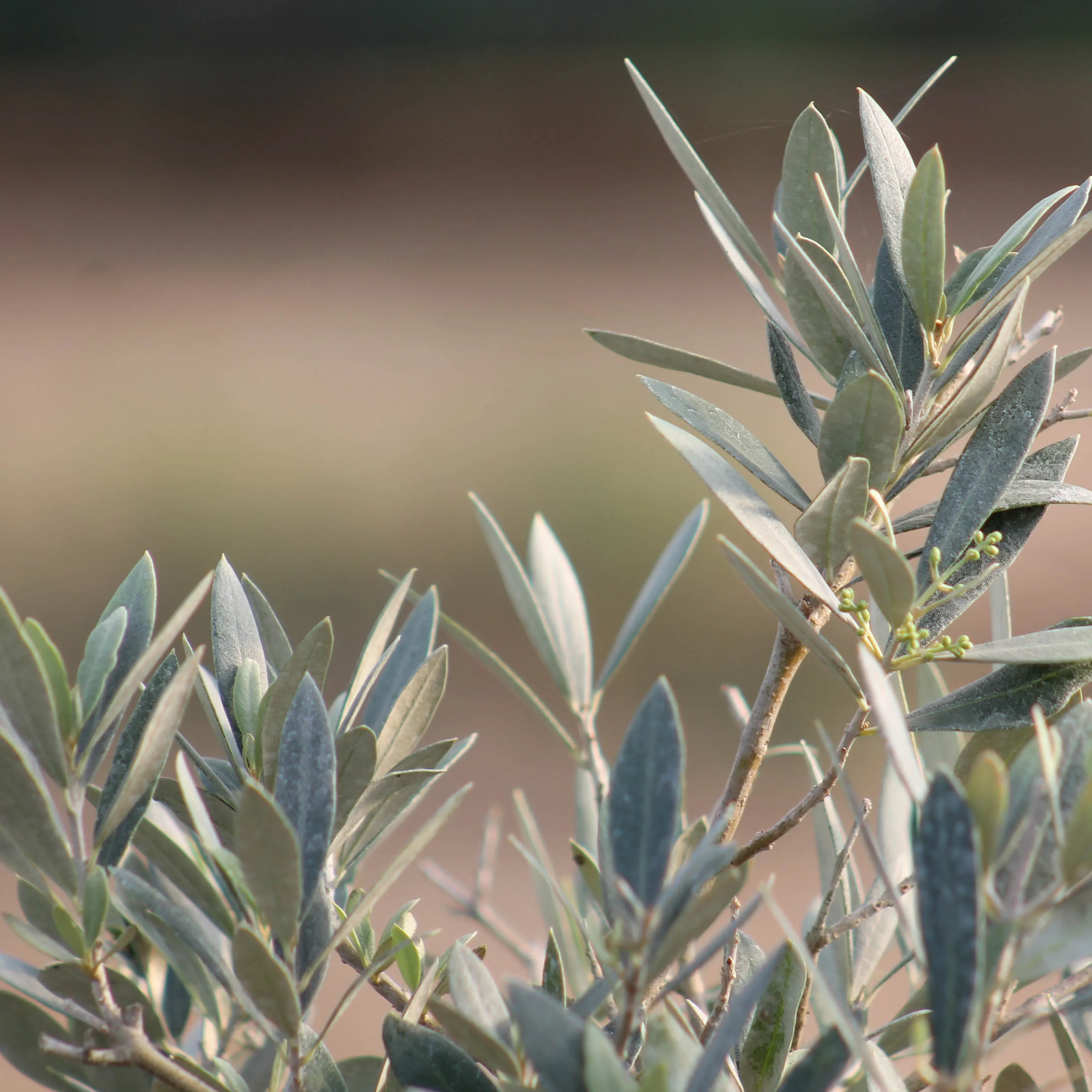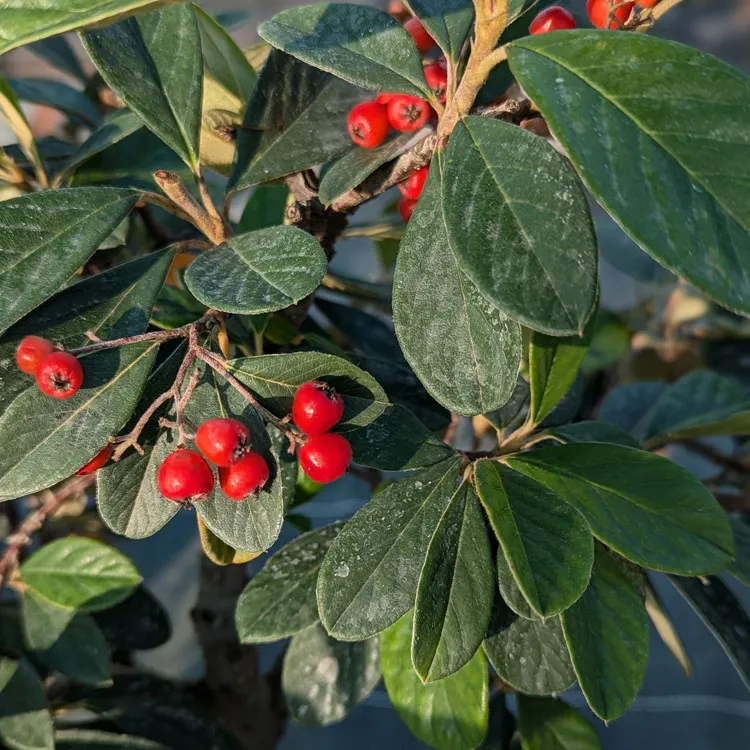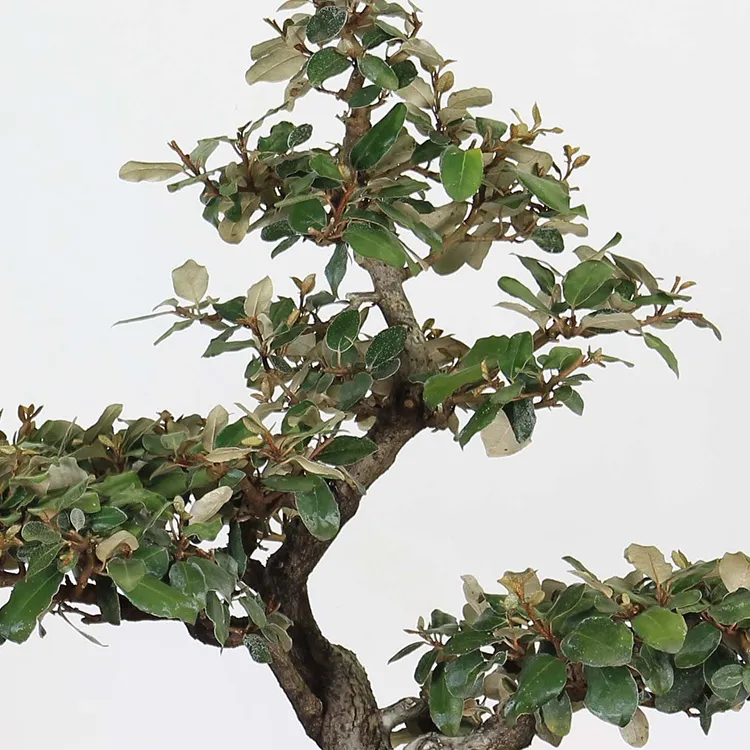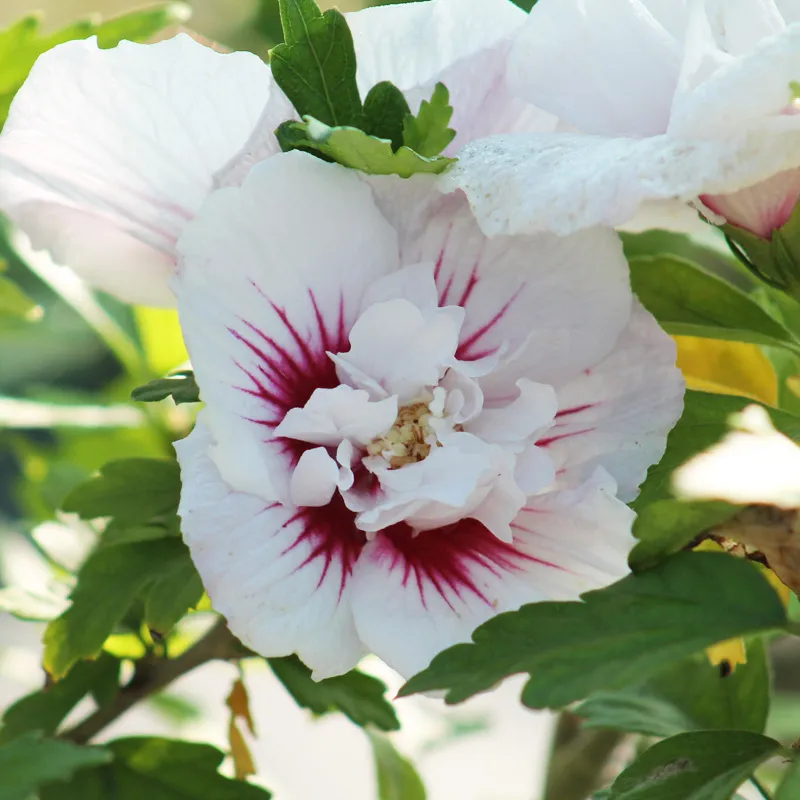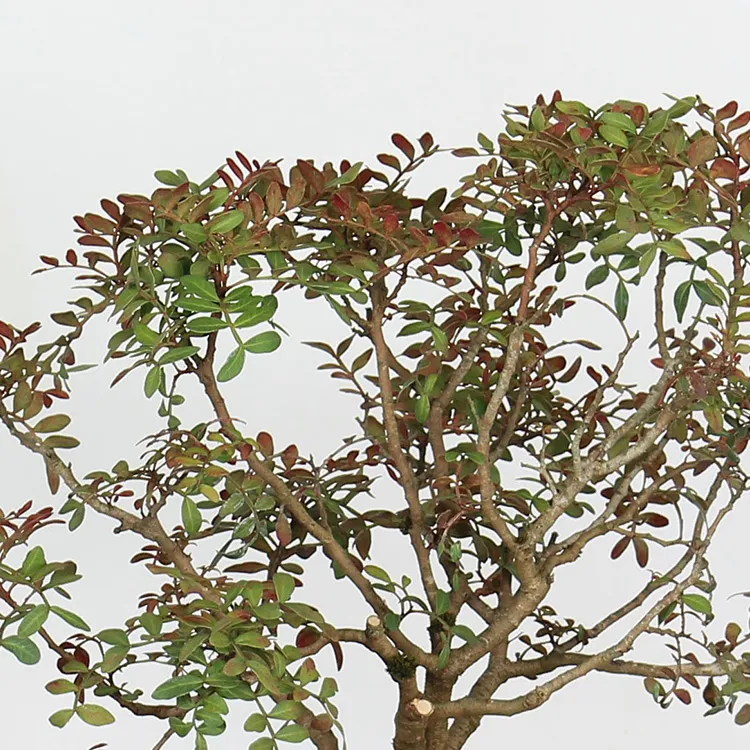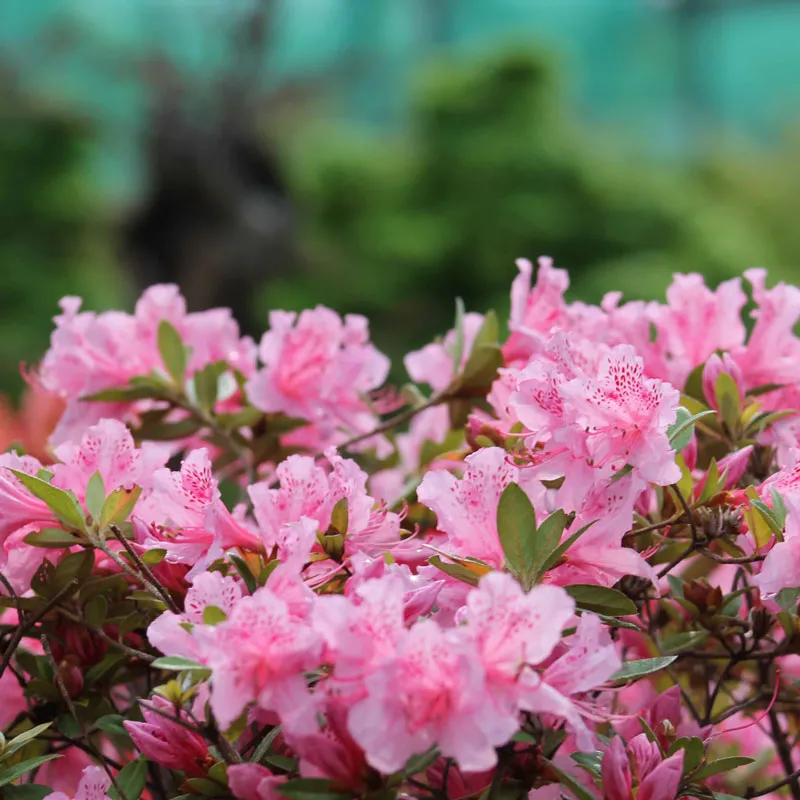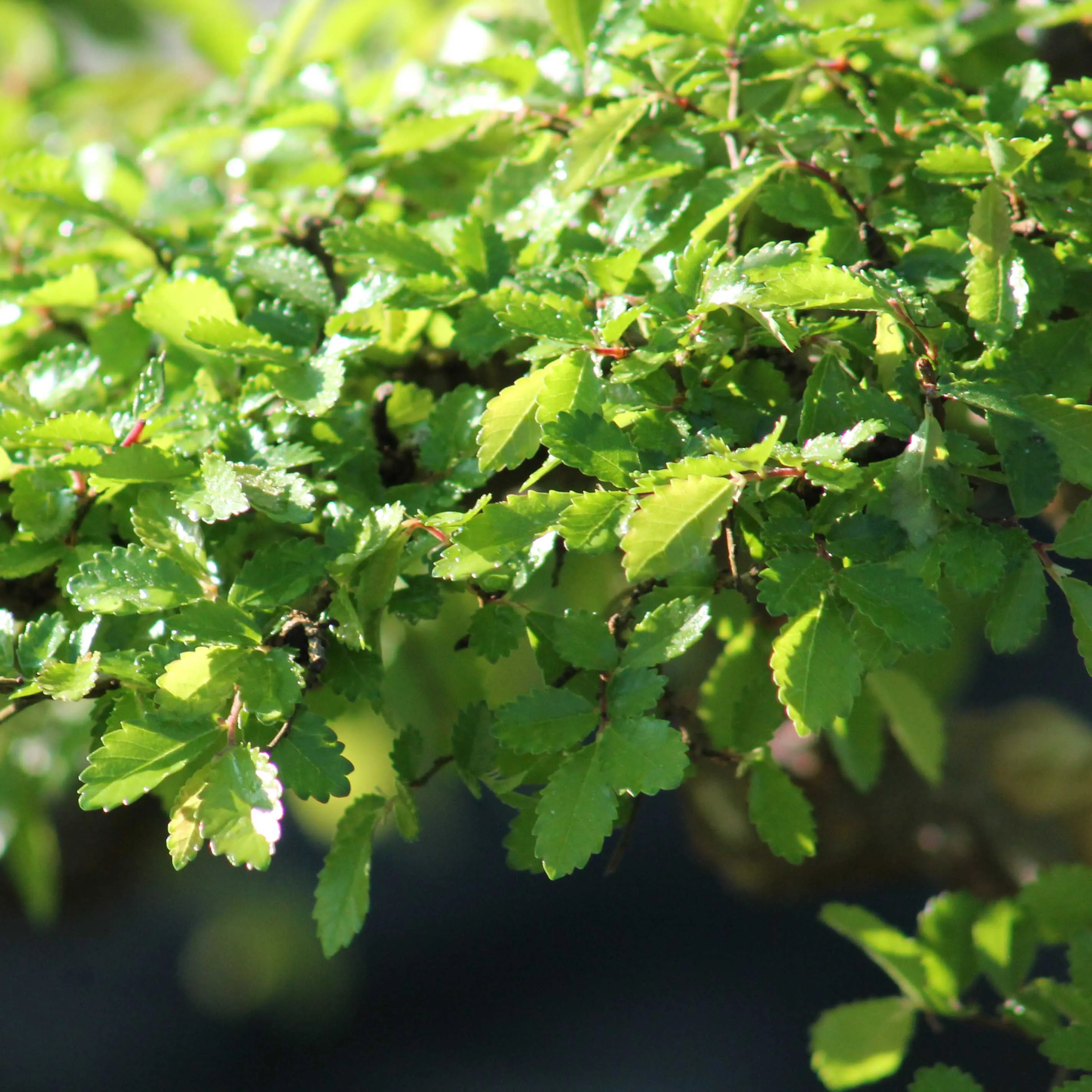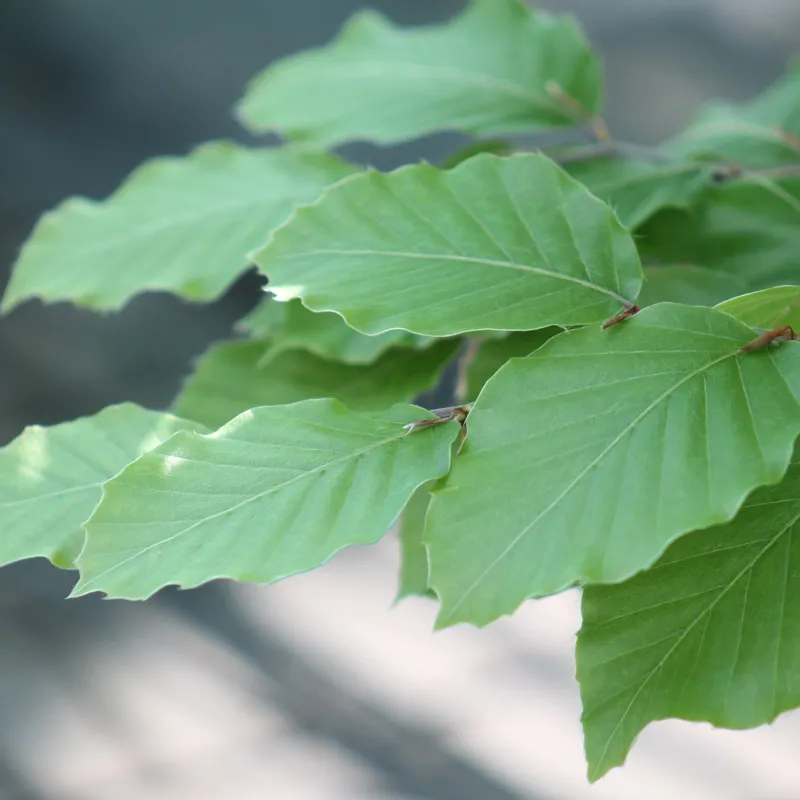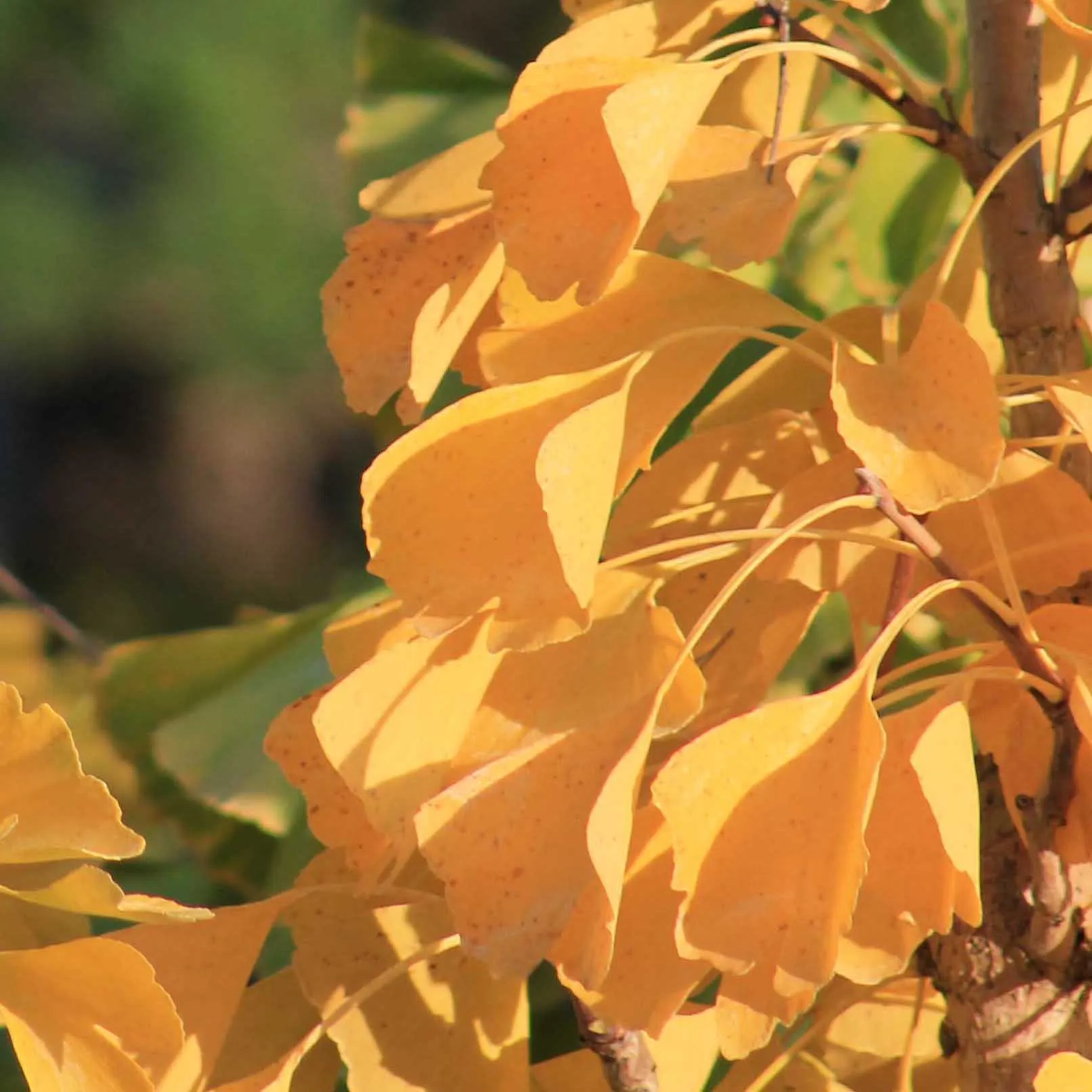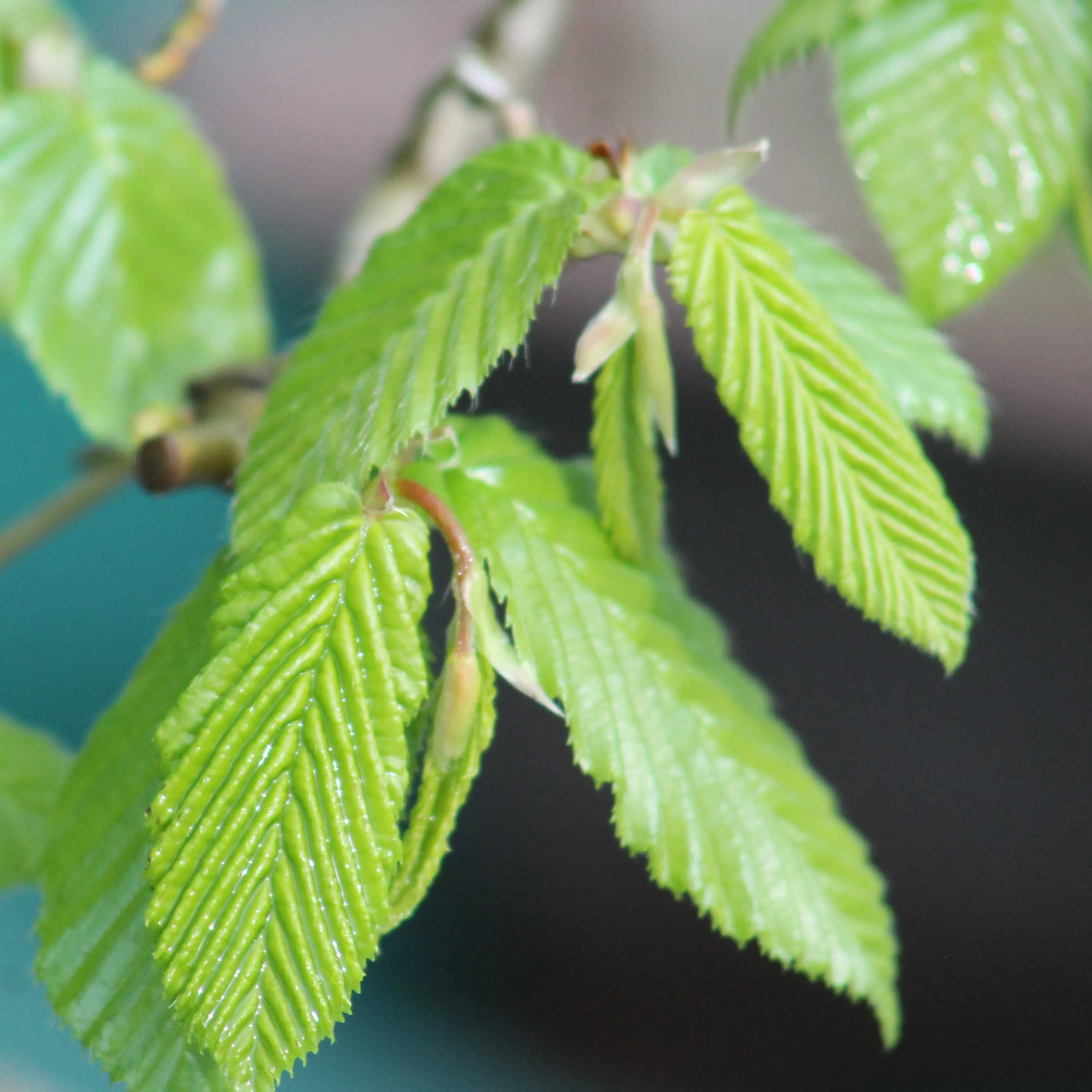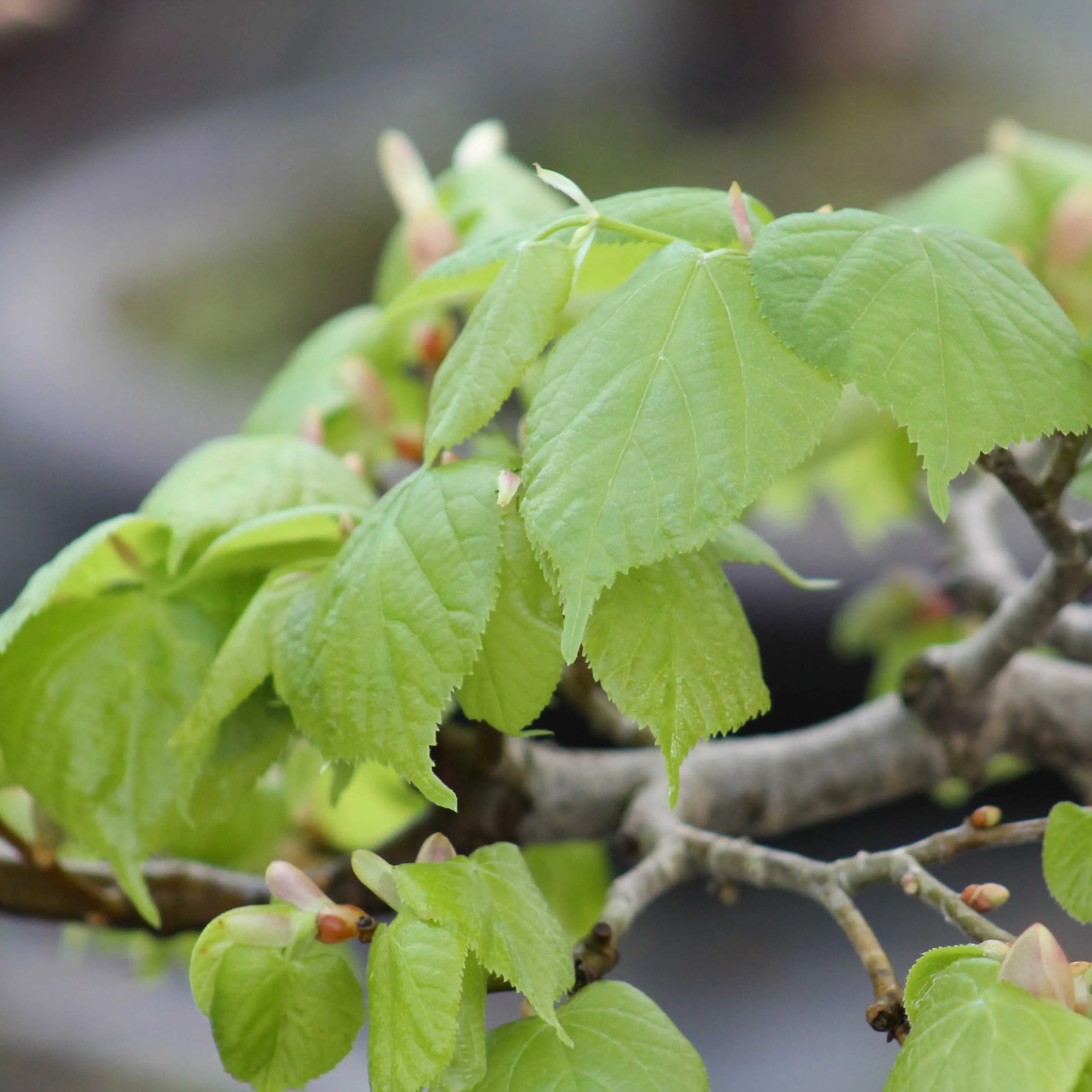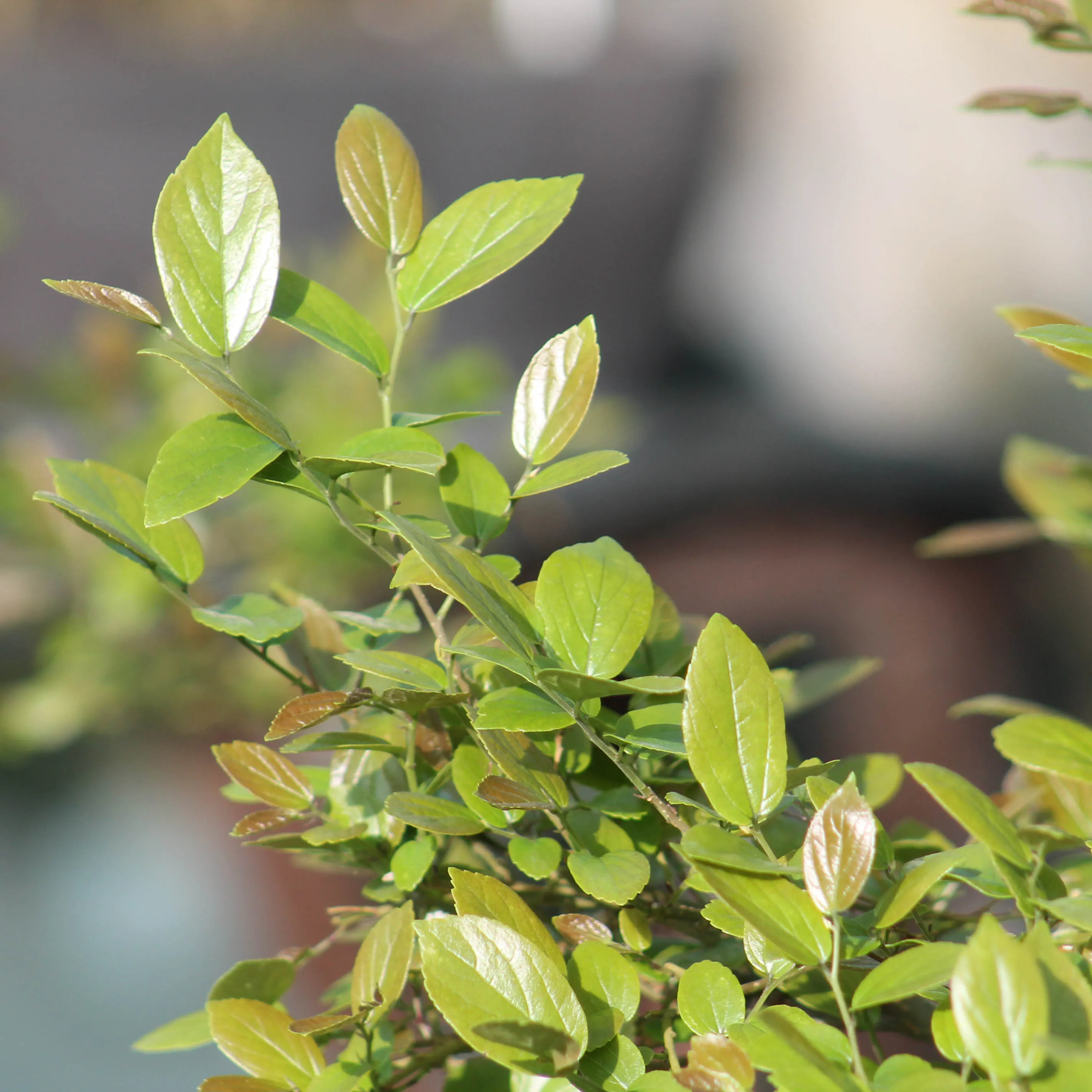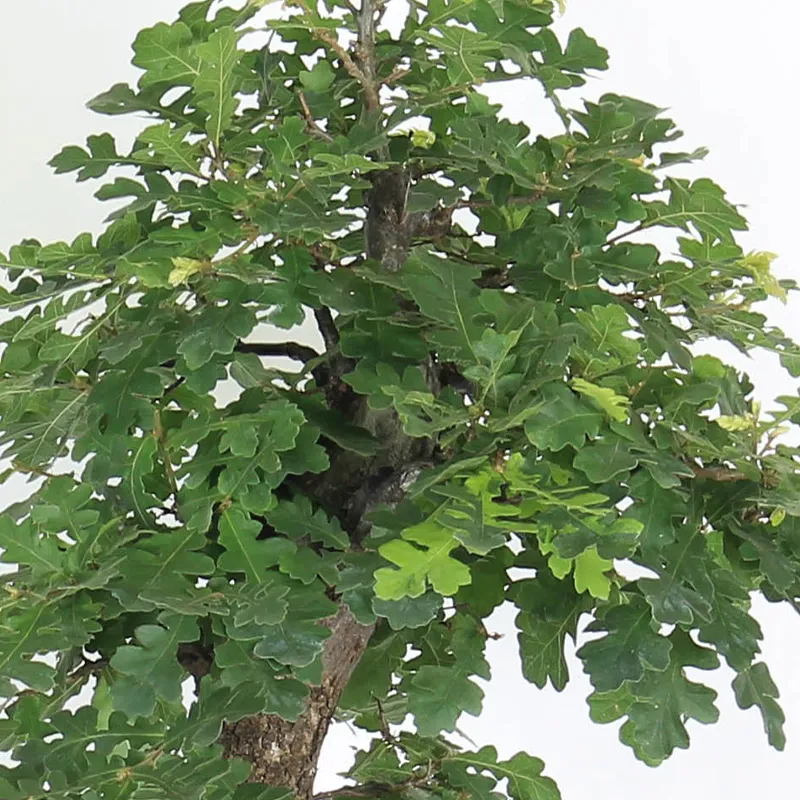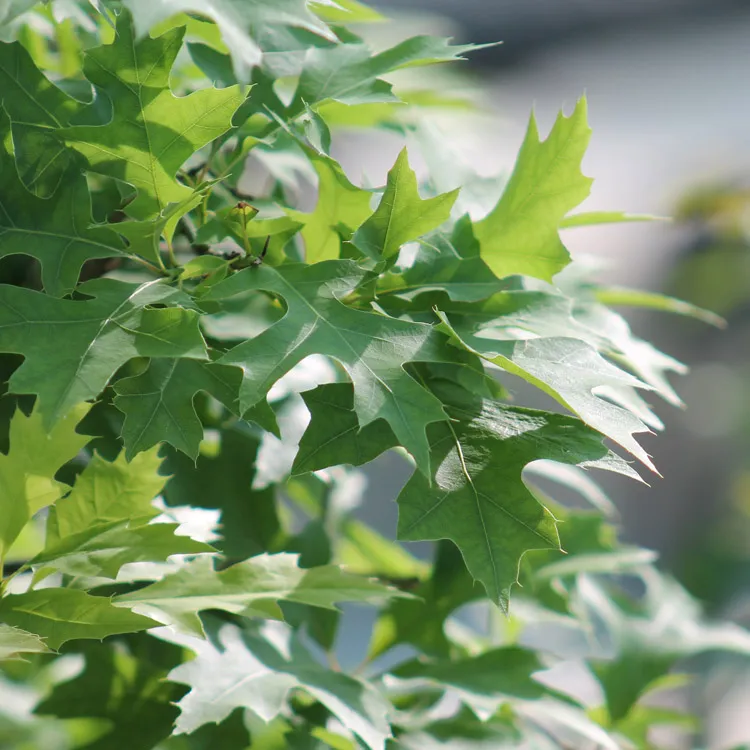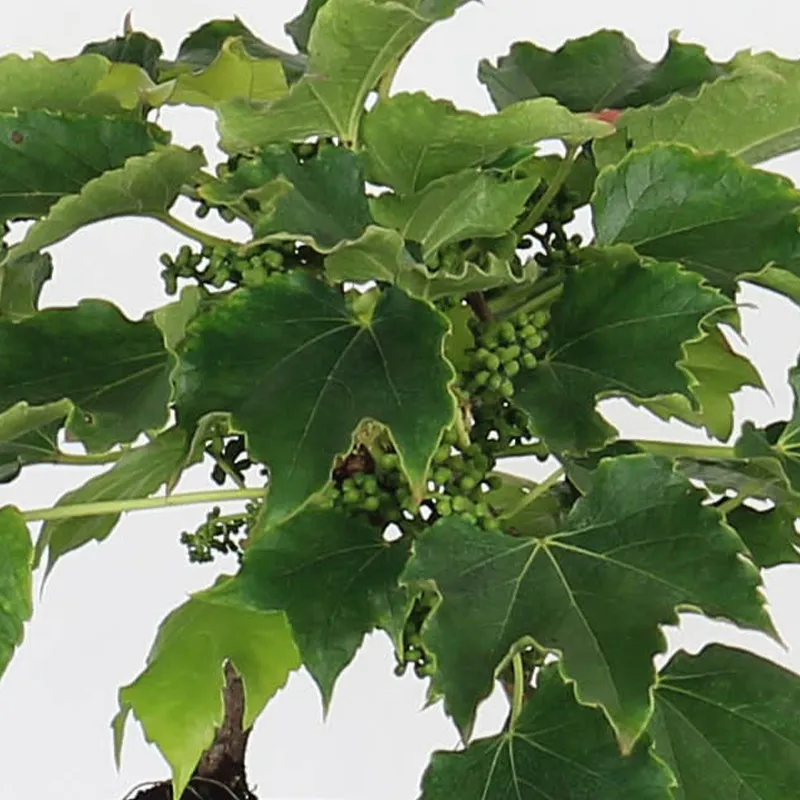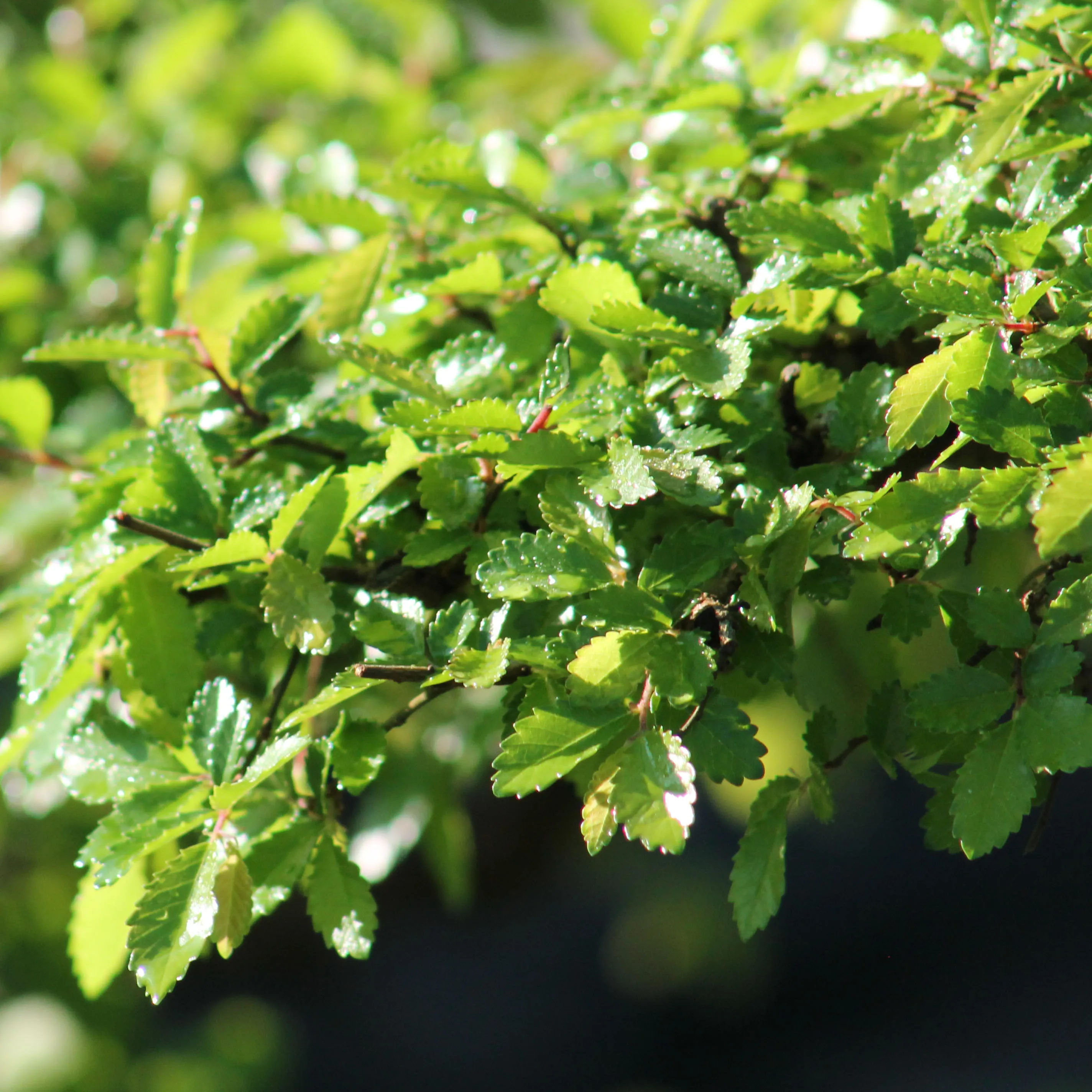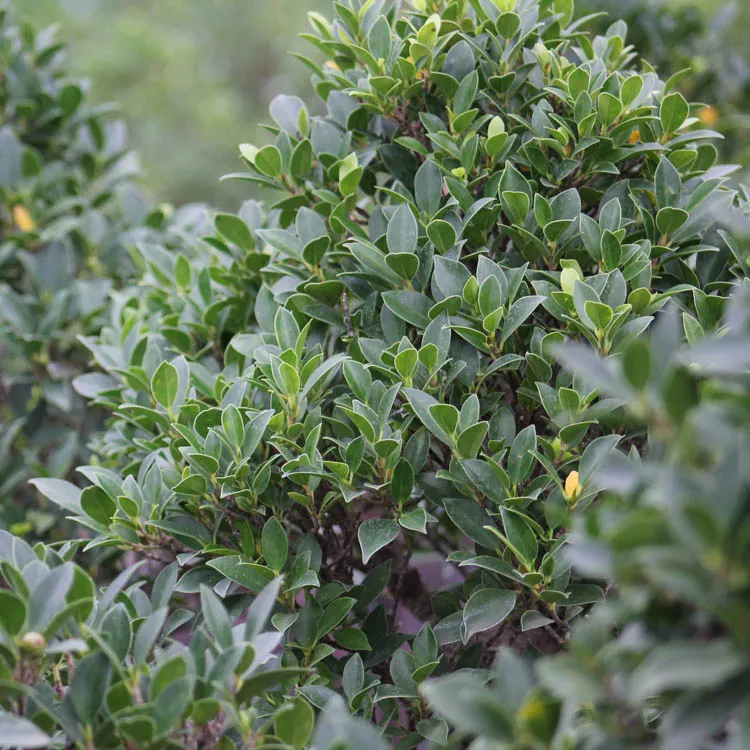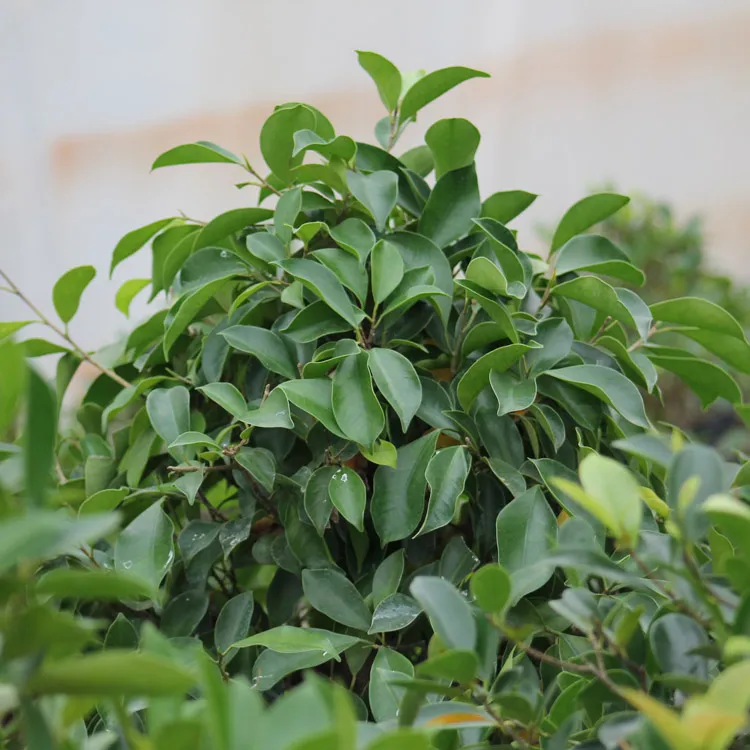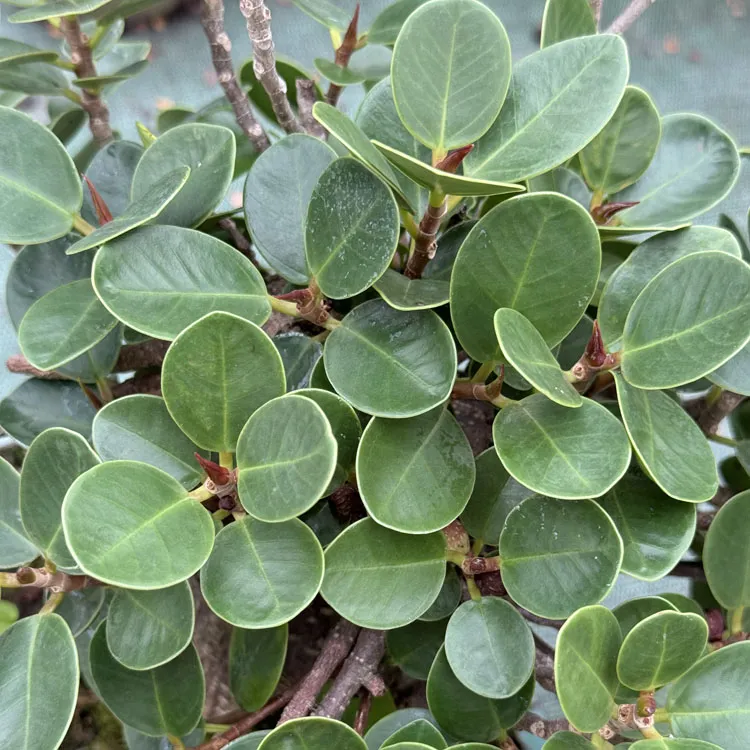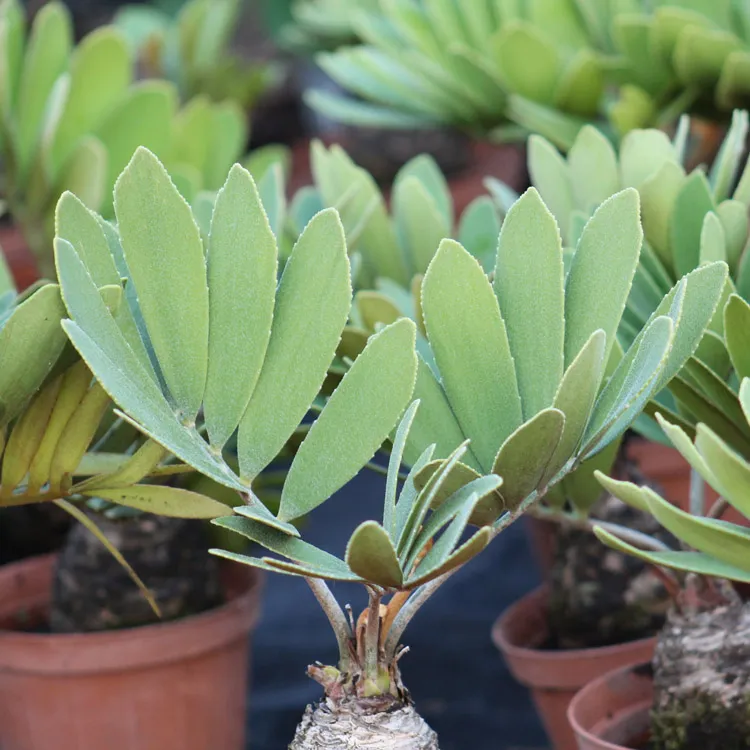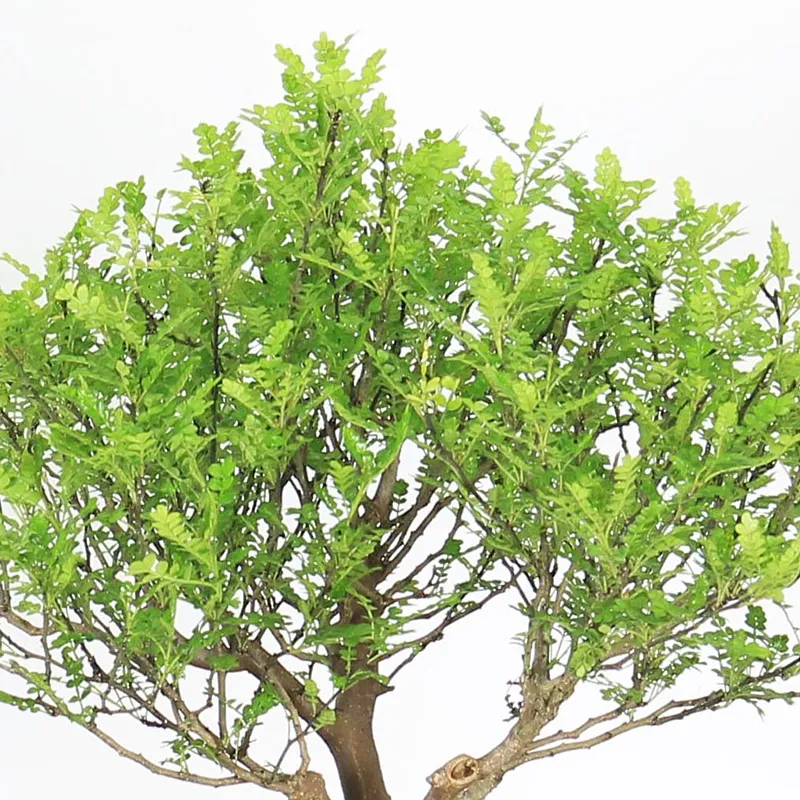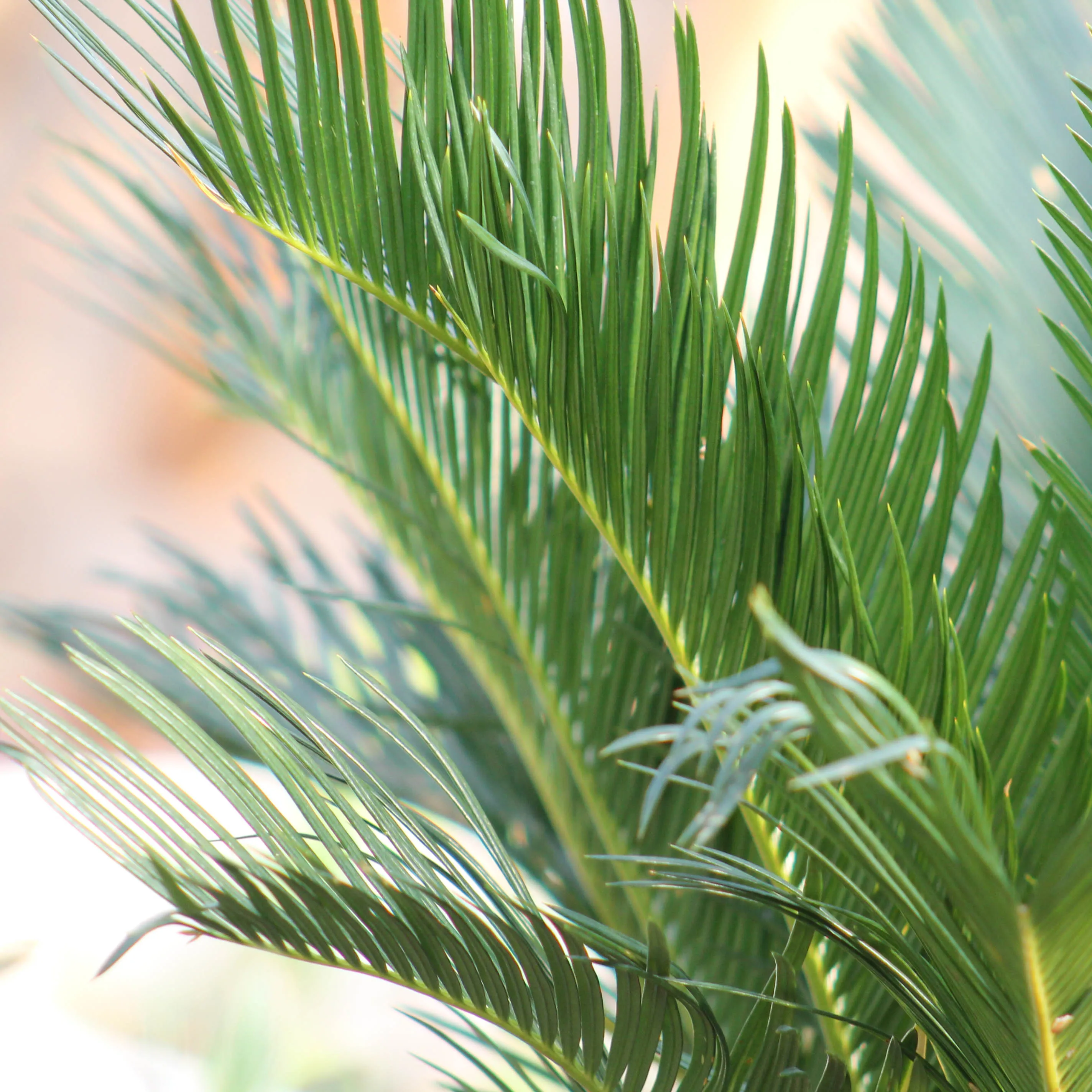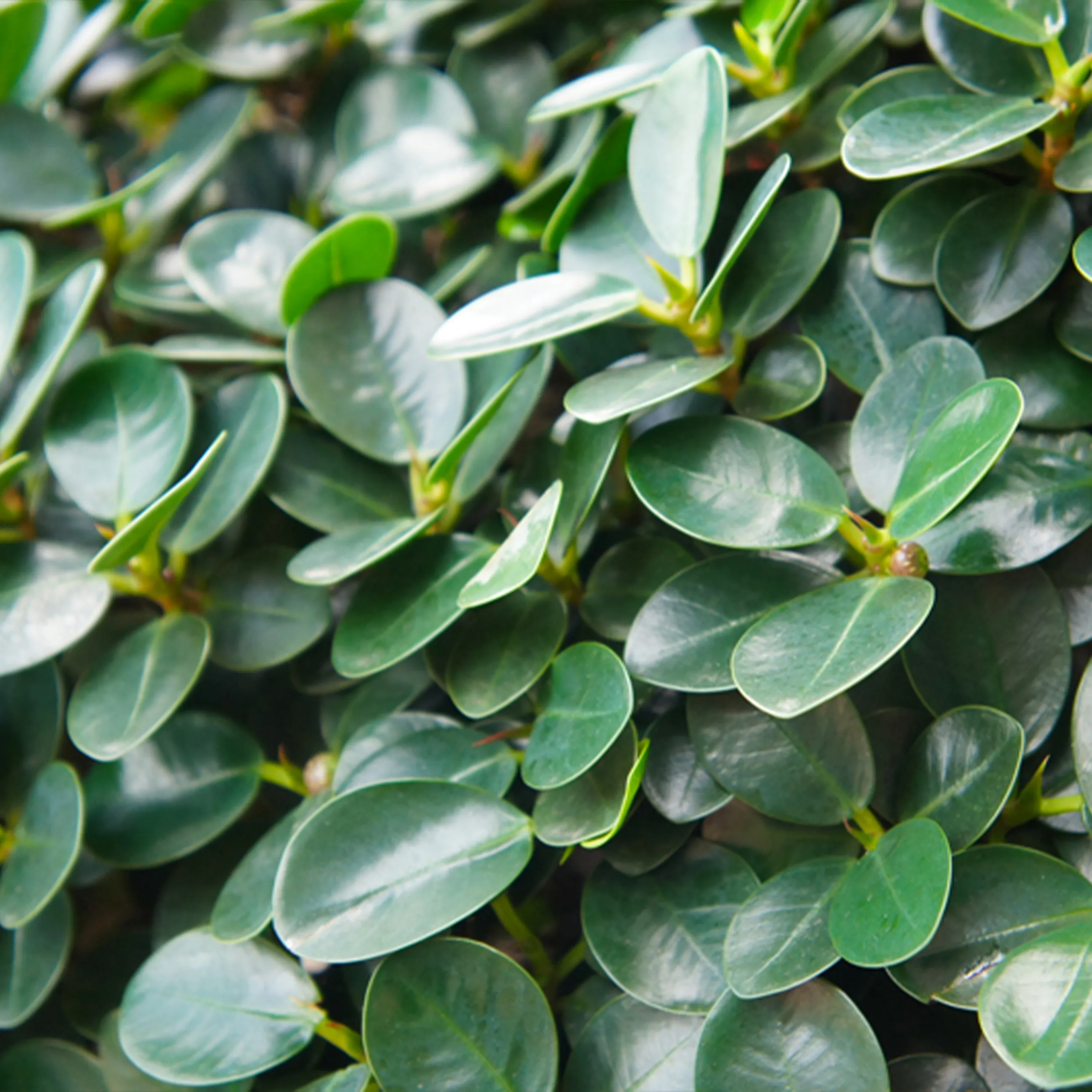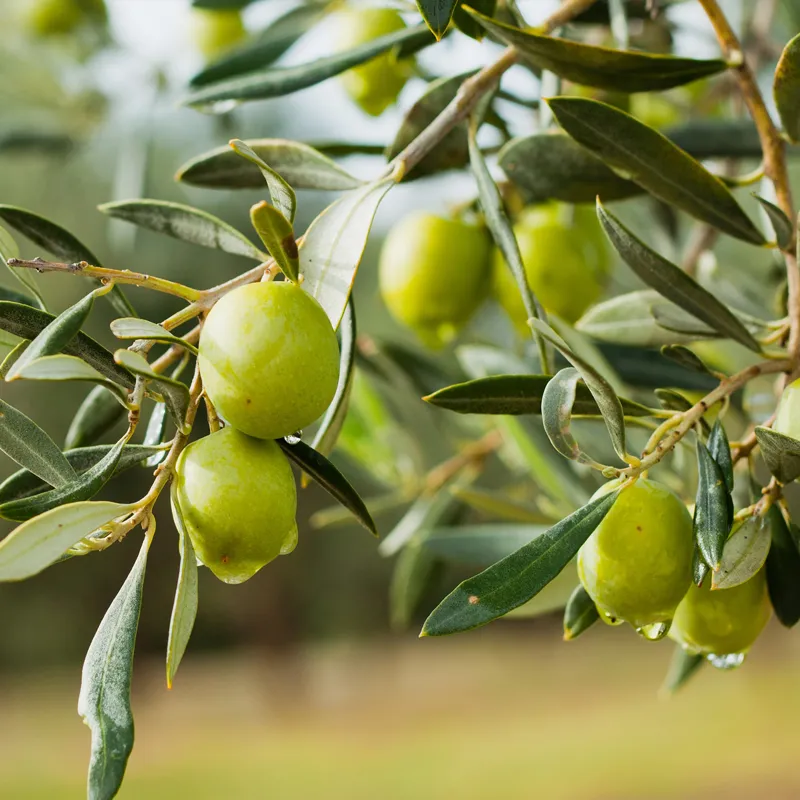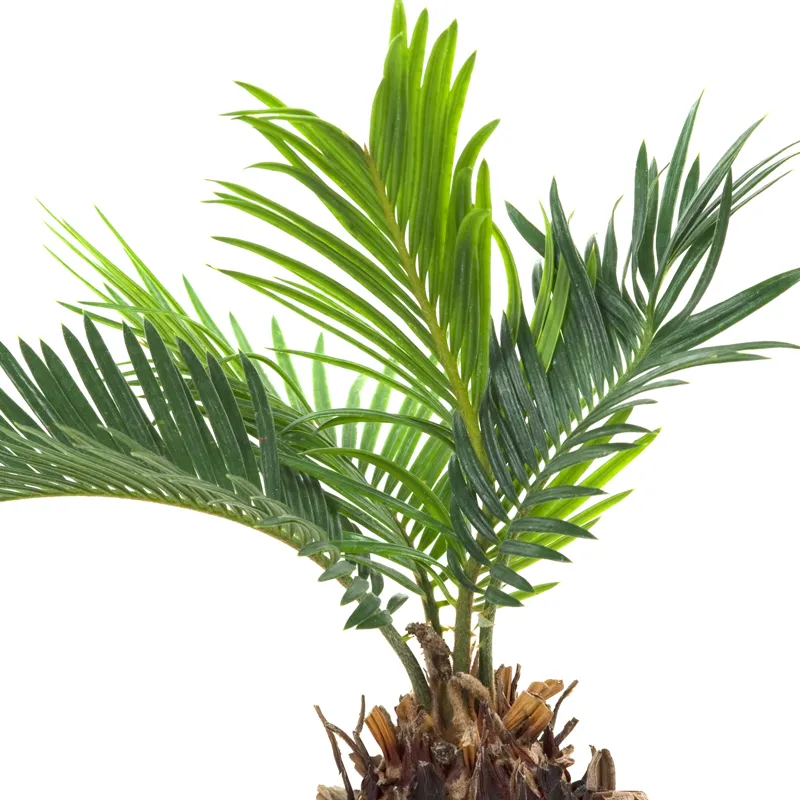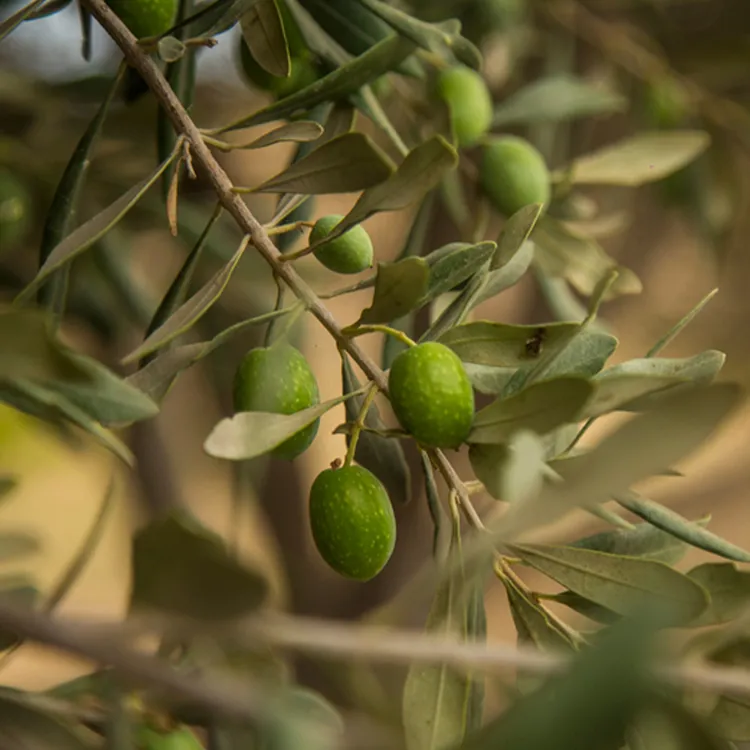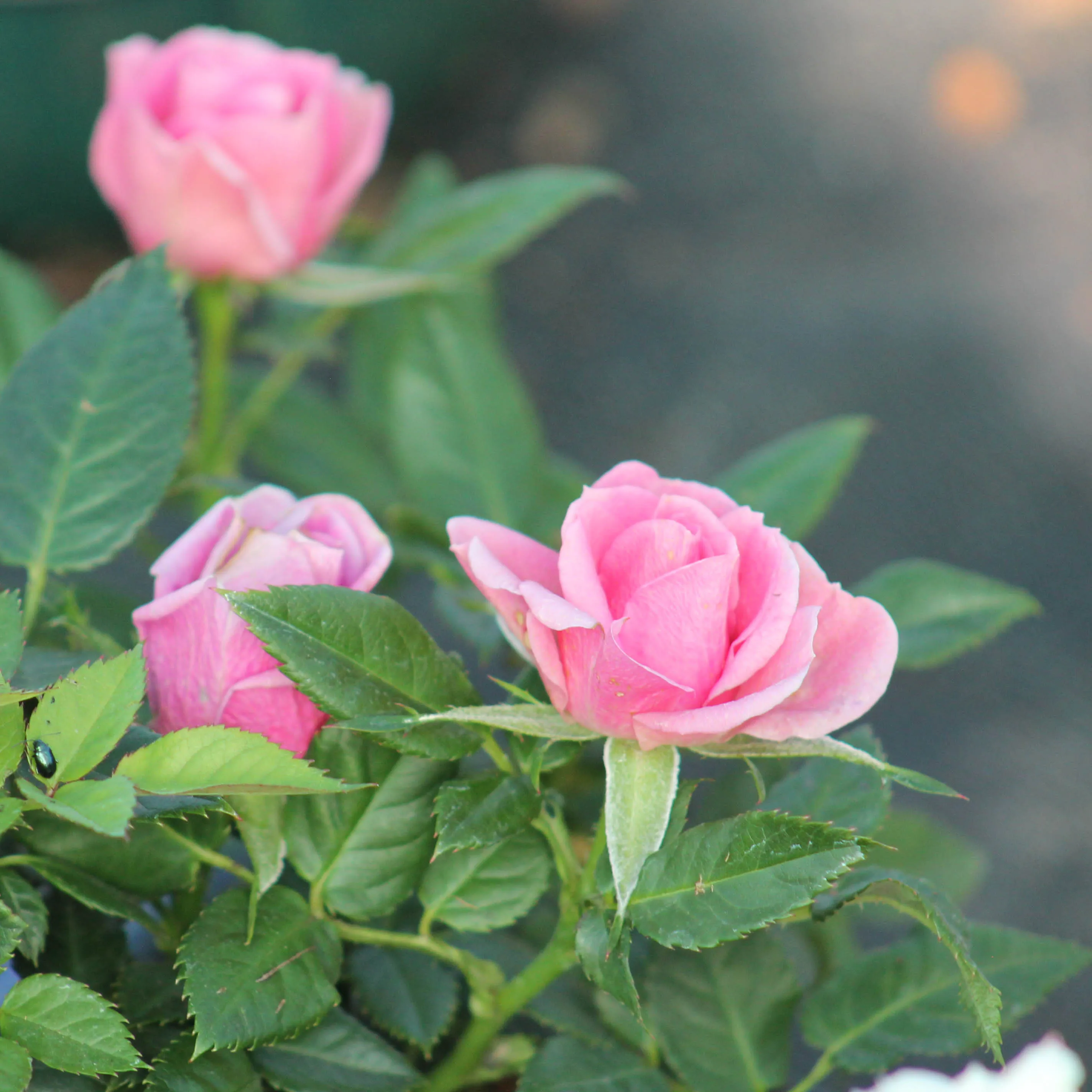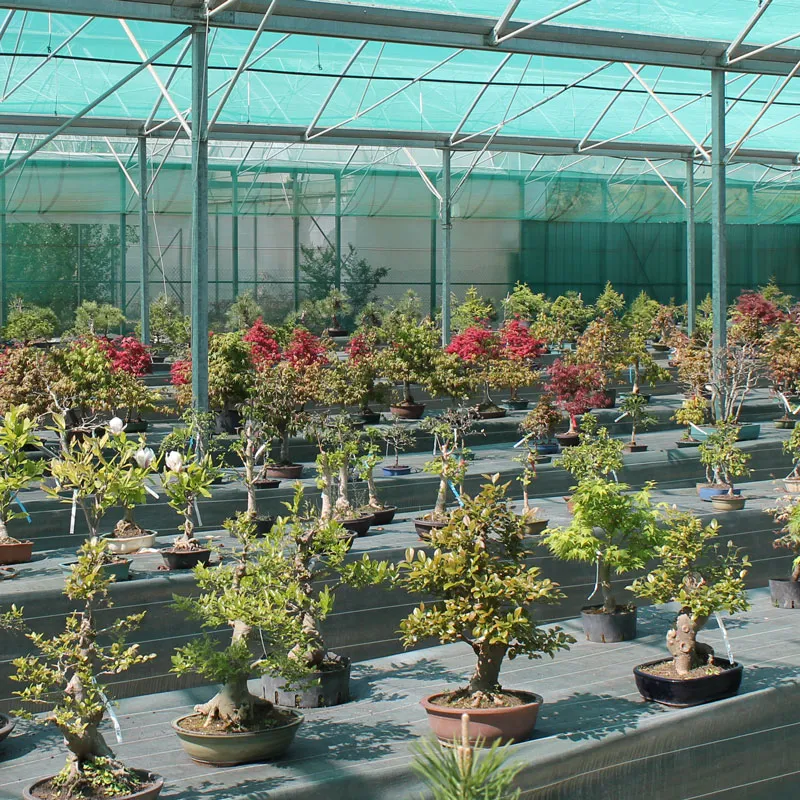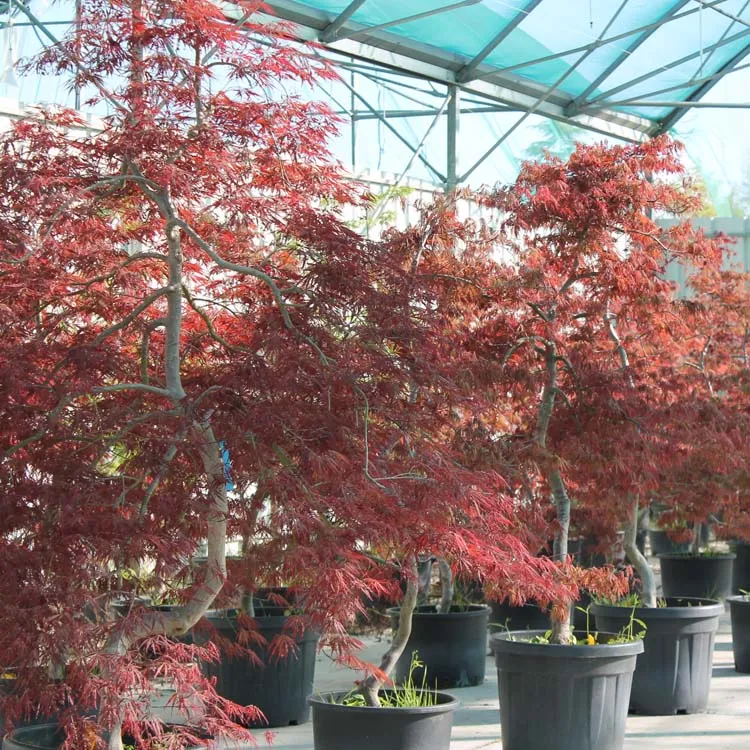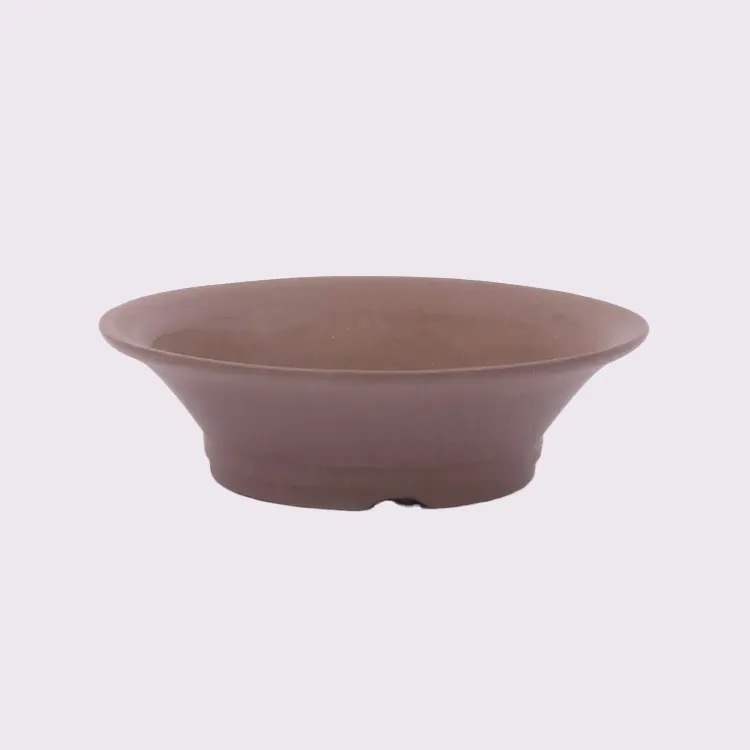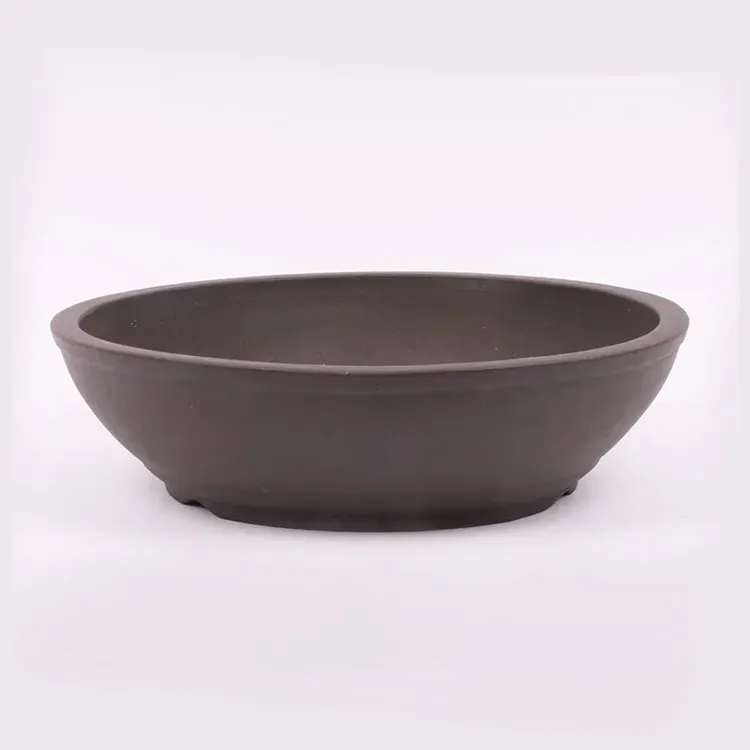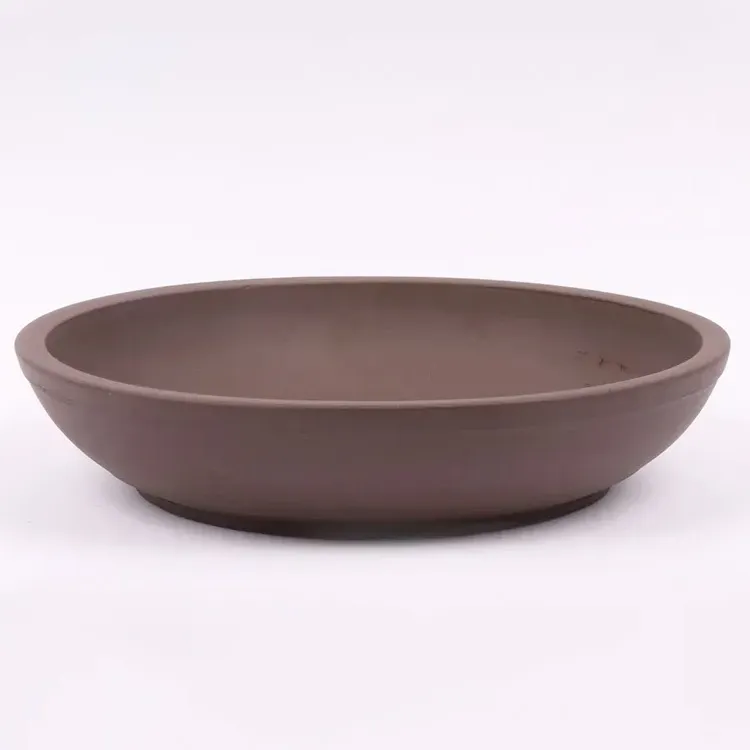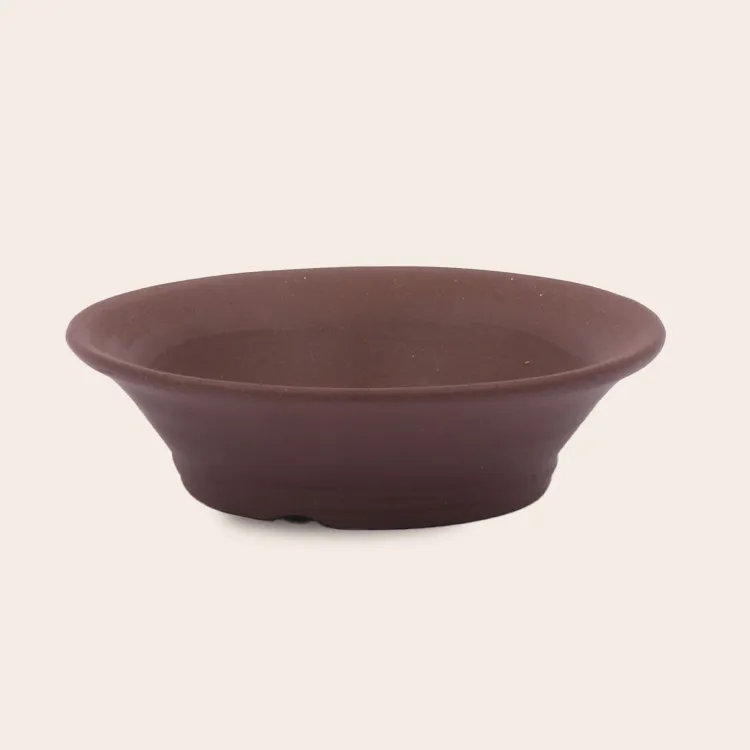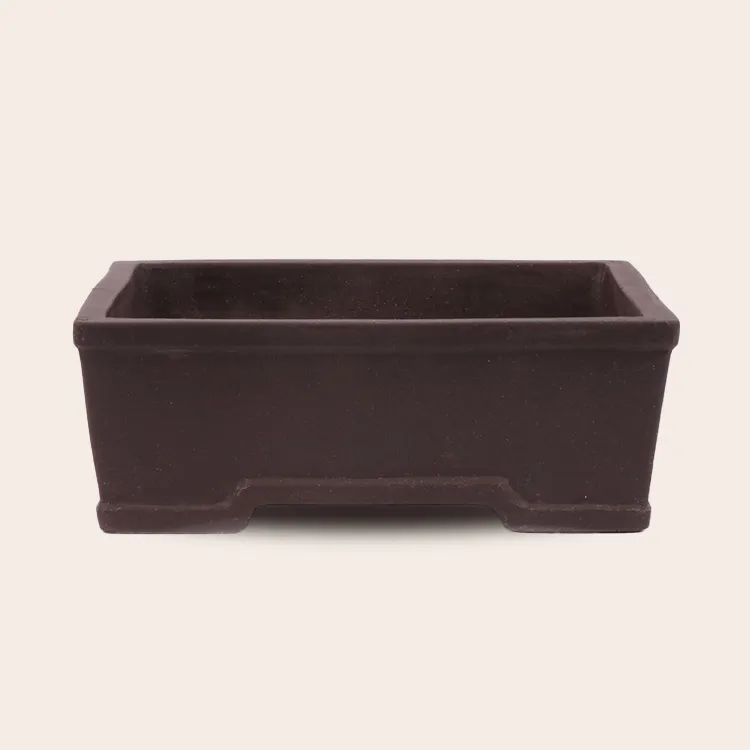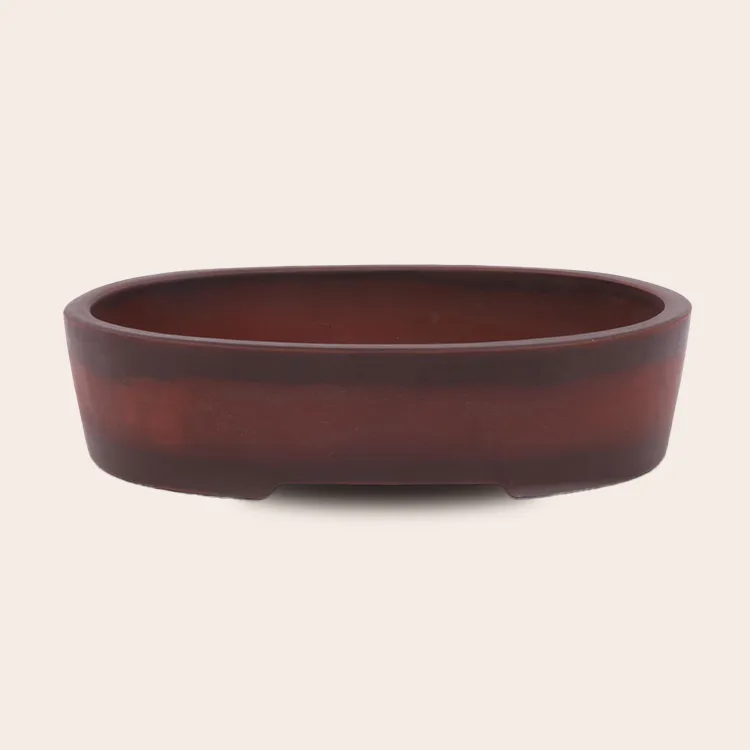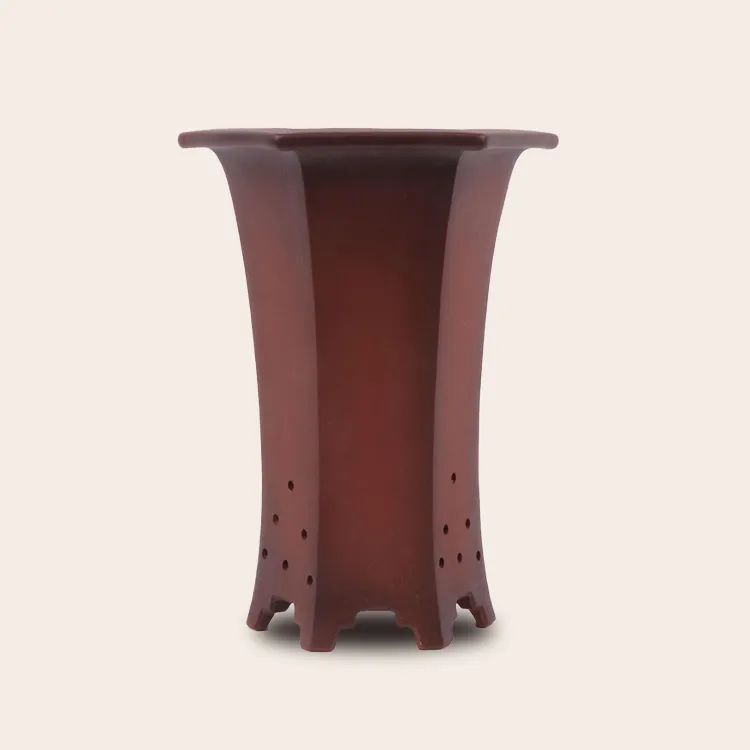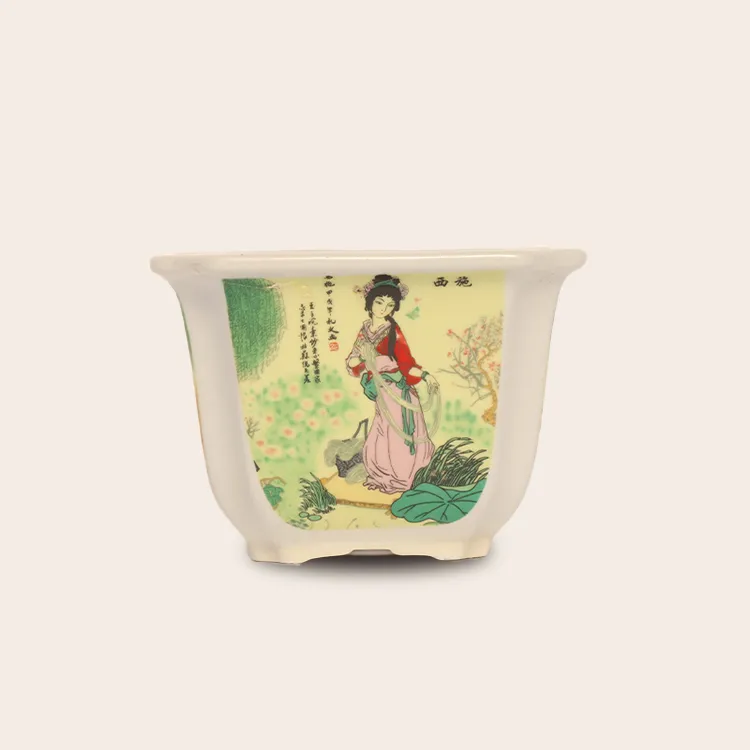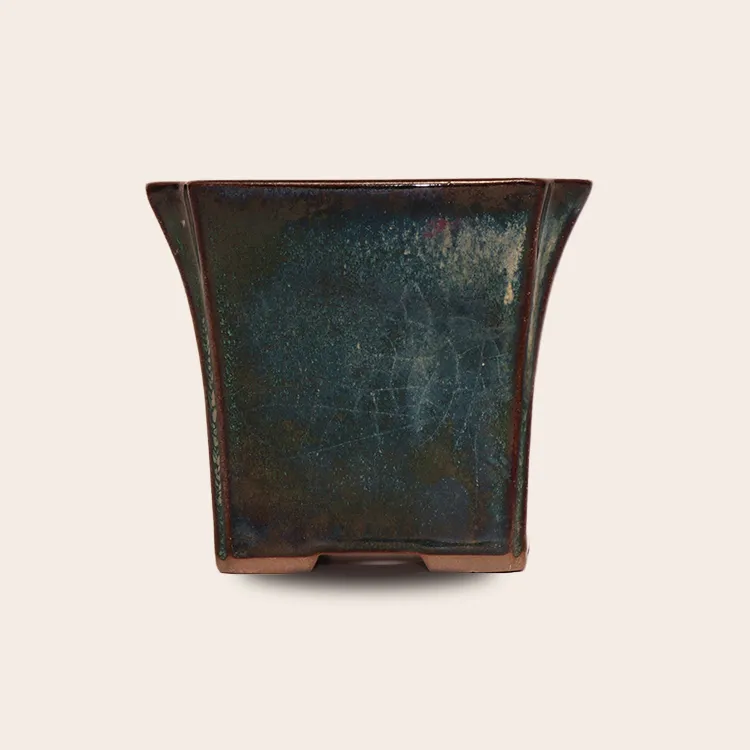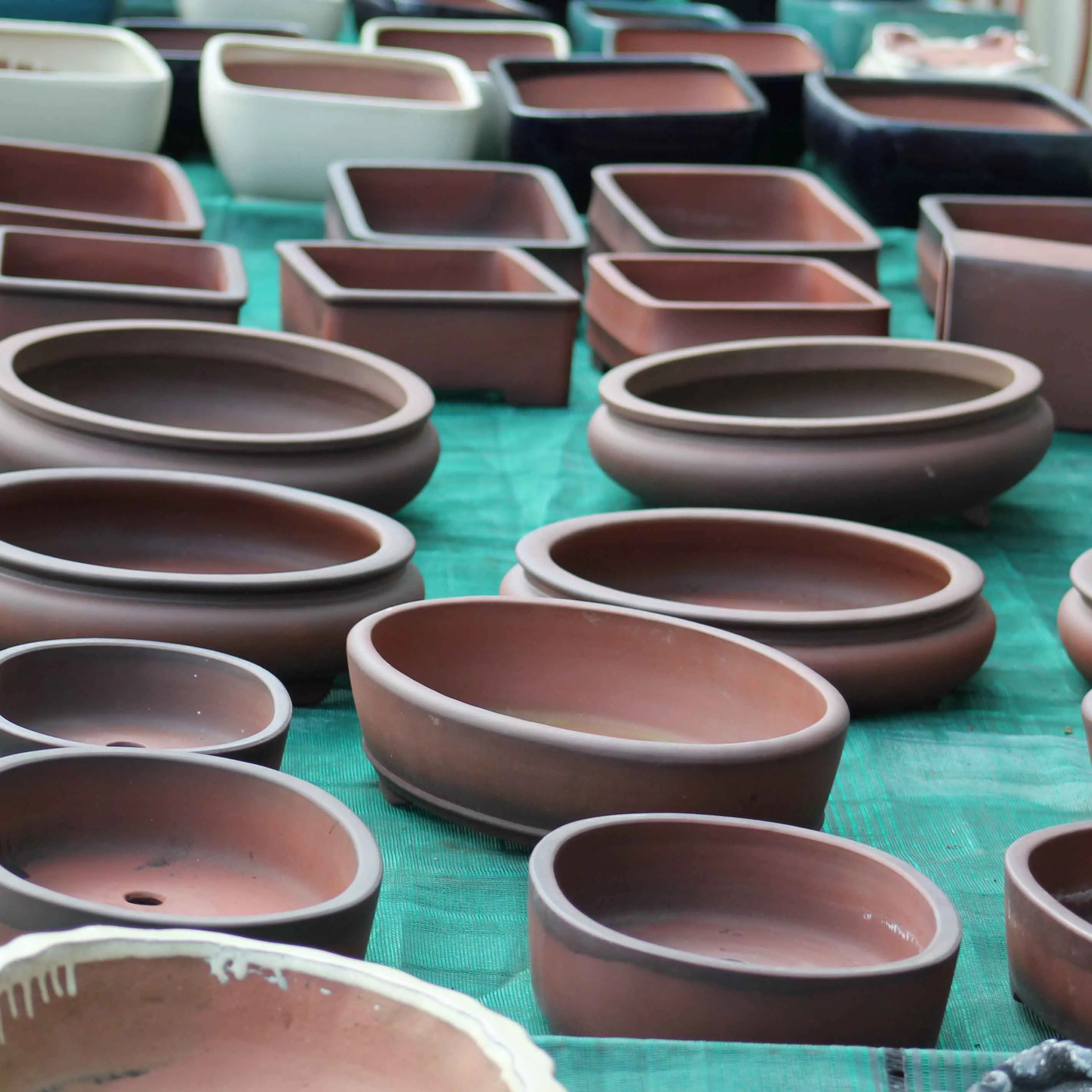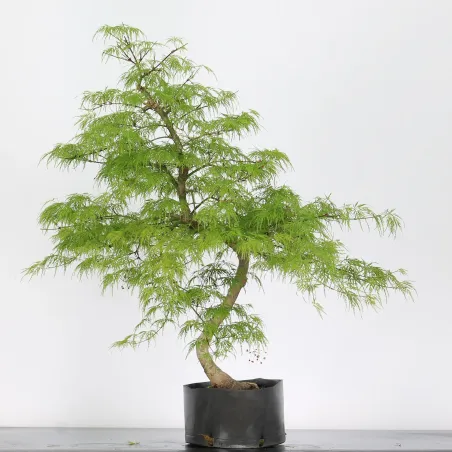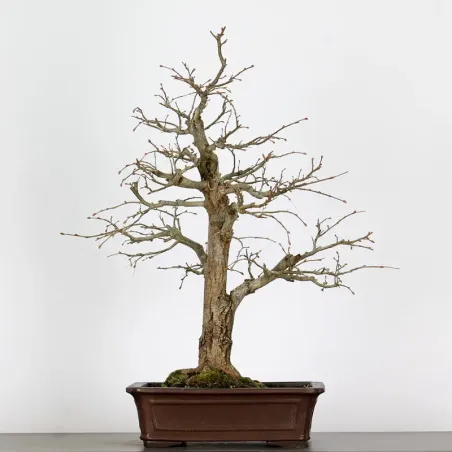 English
en
English
en
Bonsai
Bonsai myrte "myrtus" 1-8
The myrtle is a magnificentbonsai specimen with a naturally spectacular trunk with small leaves and produces beautiful white flowers and bluish fruits in season
Did you know ? The myrtle grows in the wild, generally in the Mediterranean basin (Corsica, Sicily, Sardinia, etc.) theGreeks and Romans associated it with love and virginity. For this reason, its delicate white myrtle flowers were used to make wedding bouquets and flower crowns. The leaves aresmall, lanceolate and dark green. The small, fragrant white flowers appear in late summer, followed by a pea-sized black fruit that can hold up to 30 seeds. The fruit is edible and can be used to make liqueurs. Myrtle (Myrtle) loves heat and needs long, hot summers to bloom. The trunk grows slowly and has a cinnamon-colored bark that becomes slightly furrowed over time. The root ball of myrtle needs constant moisture (but should not be soaked) and it does not tolerate frost.
Growing Tips
Location: Outside, it needs light and sun. Indeed, accustomed to the Mediterranean climate, it tolerates sunshine very well. However, during the hot summer season, choose a semi-shaded location to protect it from the scorching sun. It's a frost-fearing strain! In winter, protect the roots from heavy frosts, by bringing it indoors either in a cold greenhouse or unheated veranda or by protecting the pot with winter fleece or glass wool, especially do not bring it indoors in a warm room
Watering: Myrtle needs a substrate that is always moist. Water it regularly while allowing the root ball to dry out slightly between waterings to avoid excess water. In spring/summer, watering will be done regularly, when it's hot, it's every day ! On the other hand, in winter, water according to the supervision of the soil. Thanks to the rain and cold, you won't necessarily need to water regularly since the substrate will remain moist.
Important: Don't hesitate to water the whole root ball up to the roots, the water will drain through the holes under the pot or bathe the bonsai in water (drenching) for a few minutes, to be sure to water it well. We do not recommend putting a cup/container under the pot as the water will stagnate and can cause root rot. (Too much water = asphyxiation).
Substrate and repotting: In the nursery, we use agricultural soil composed of black peat, blond peat, eco-aged, topsoil, horse manure, pozzolana. During the next repotting, which is done about every 3/4 years at the beginning of spring, you can mix draining substrate such as: akadama, pumice, kiryu... Just be careful not to disturb the root bread, don't destroy the whole root ball
Many bonsai react noticeably when repotted at the wrong time or too drastically. For this reason, you should cut as few roots as possible
Pruning and ligature: After flowering, allow new shoots to develop to 6 or 8 pairs of leaves before pruning. When myrtle is pruned, be sure to leave at least one pair of leaves to allow for regrowth. Myrtle branches out very well. Use healing paste on large wounds. If possible, tie up on new shoots and small branches as old branches are stiff and brittle.
Fertilization: In the nursery, we use blue tomato/flower fertilizer NPK 12 12 17. It is a perfect fertilizer as a supplement to nutrients. Put a handful on the substrate, larger or smaller depending on the size of the pot. Fertilize from spring to fall (May to October), every 2 months.
IF NEEDED: 06 05 40 49 96

 Production of French Bonsai
Production of French Bonsai
